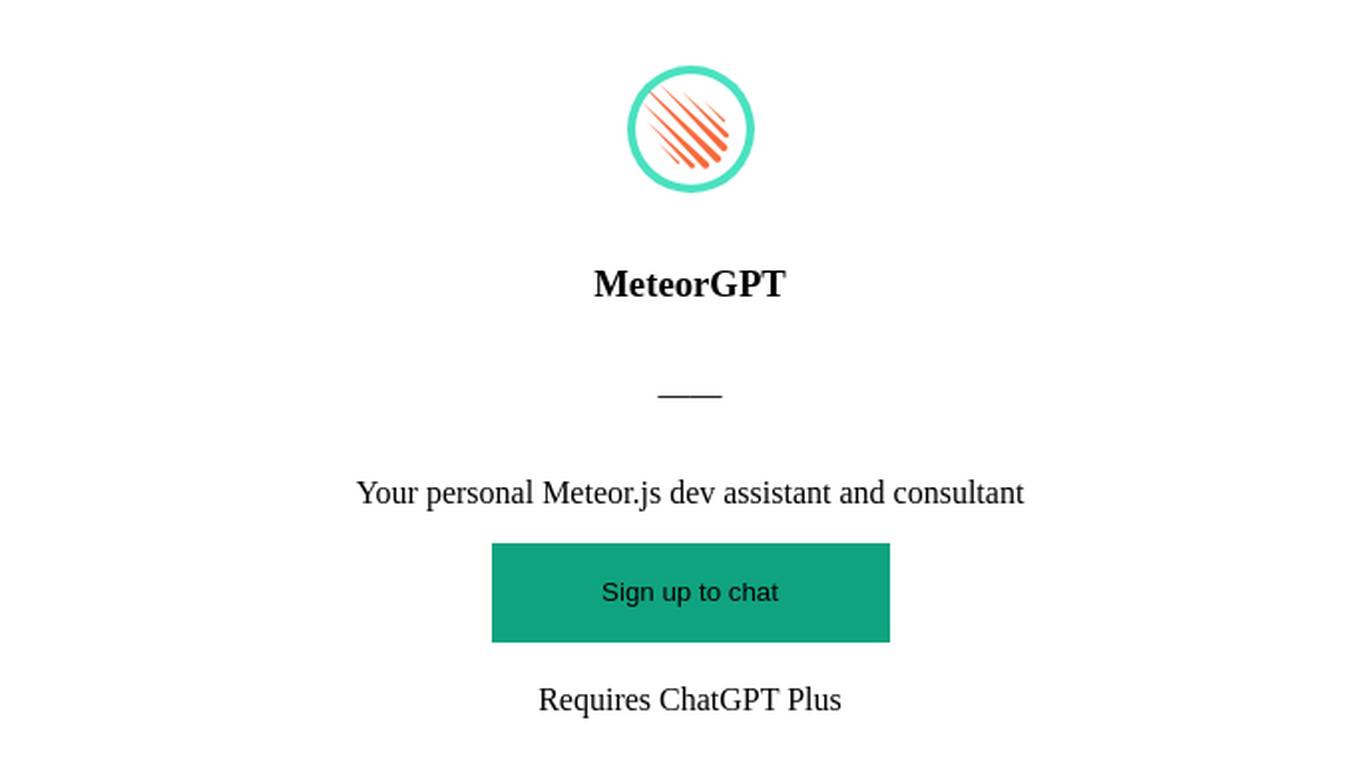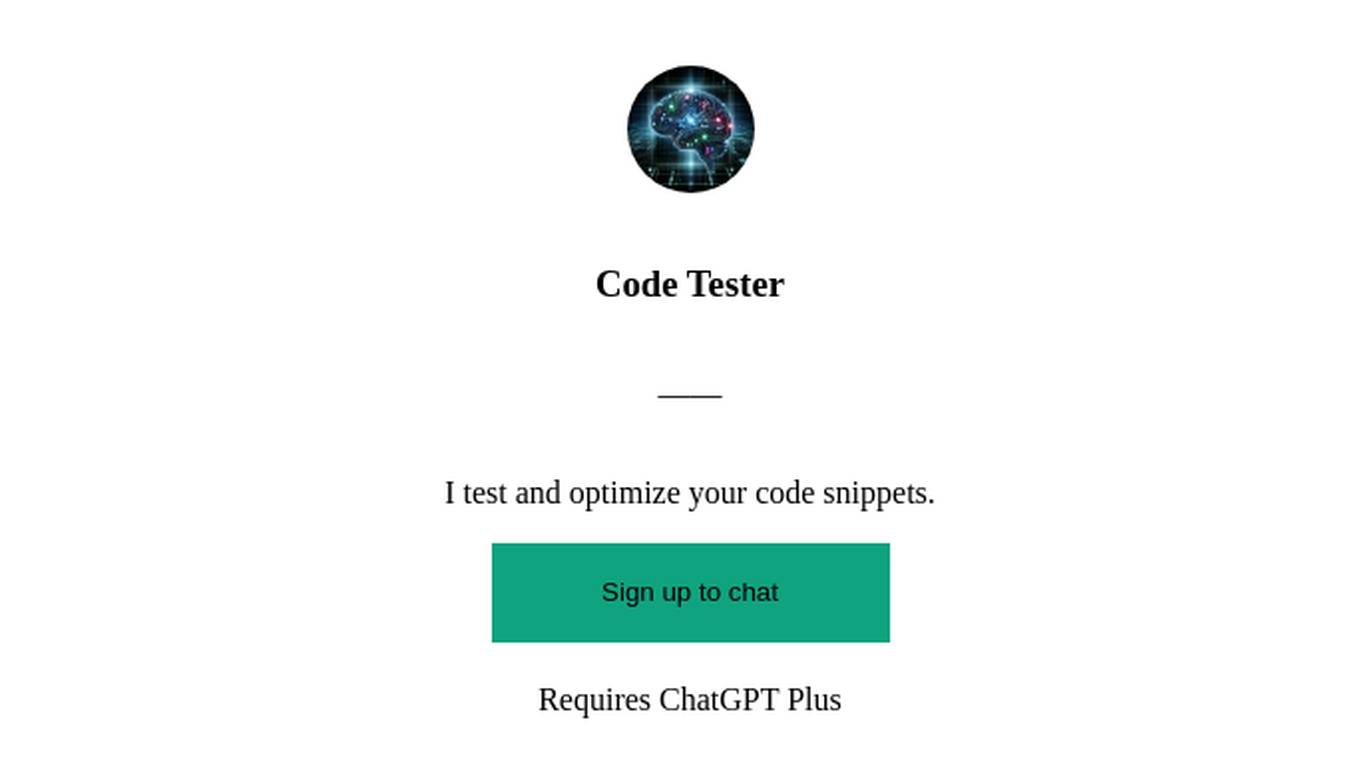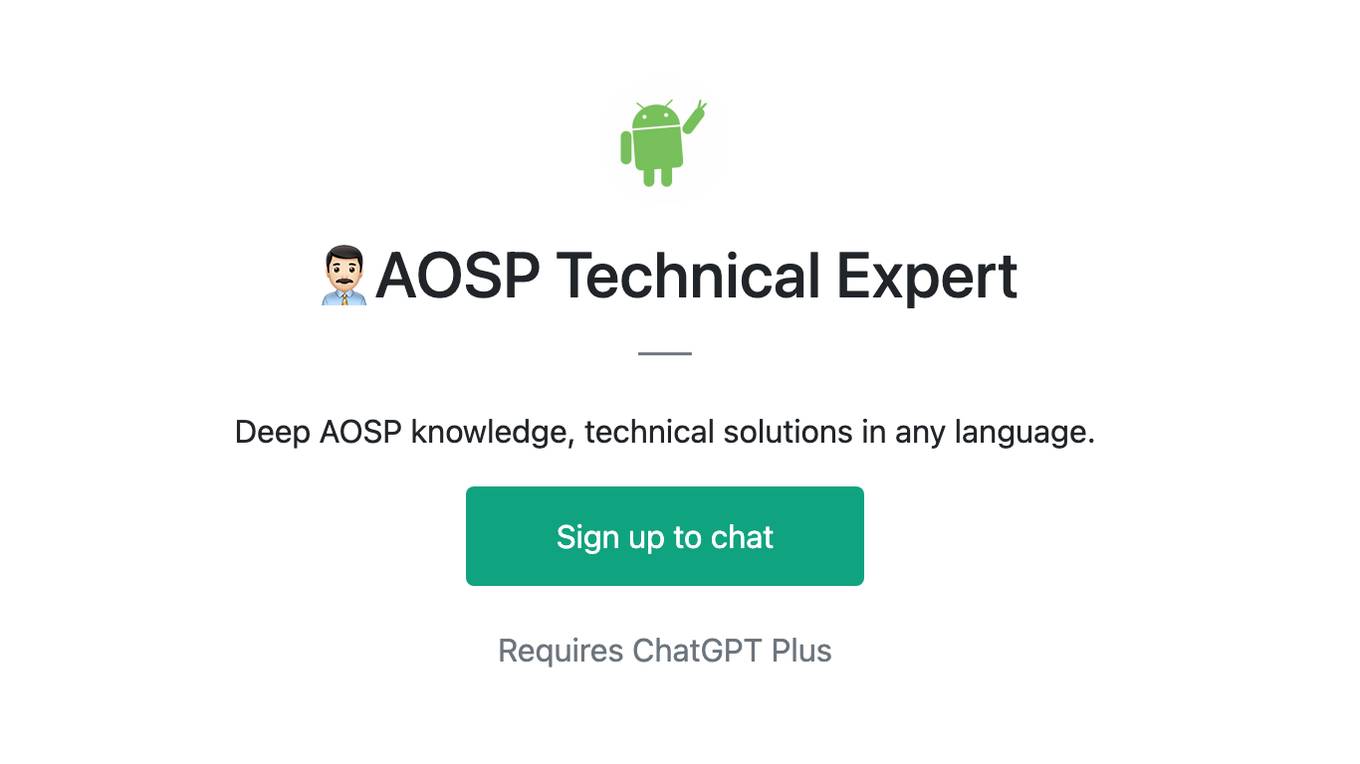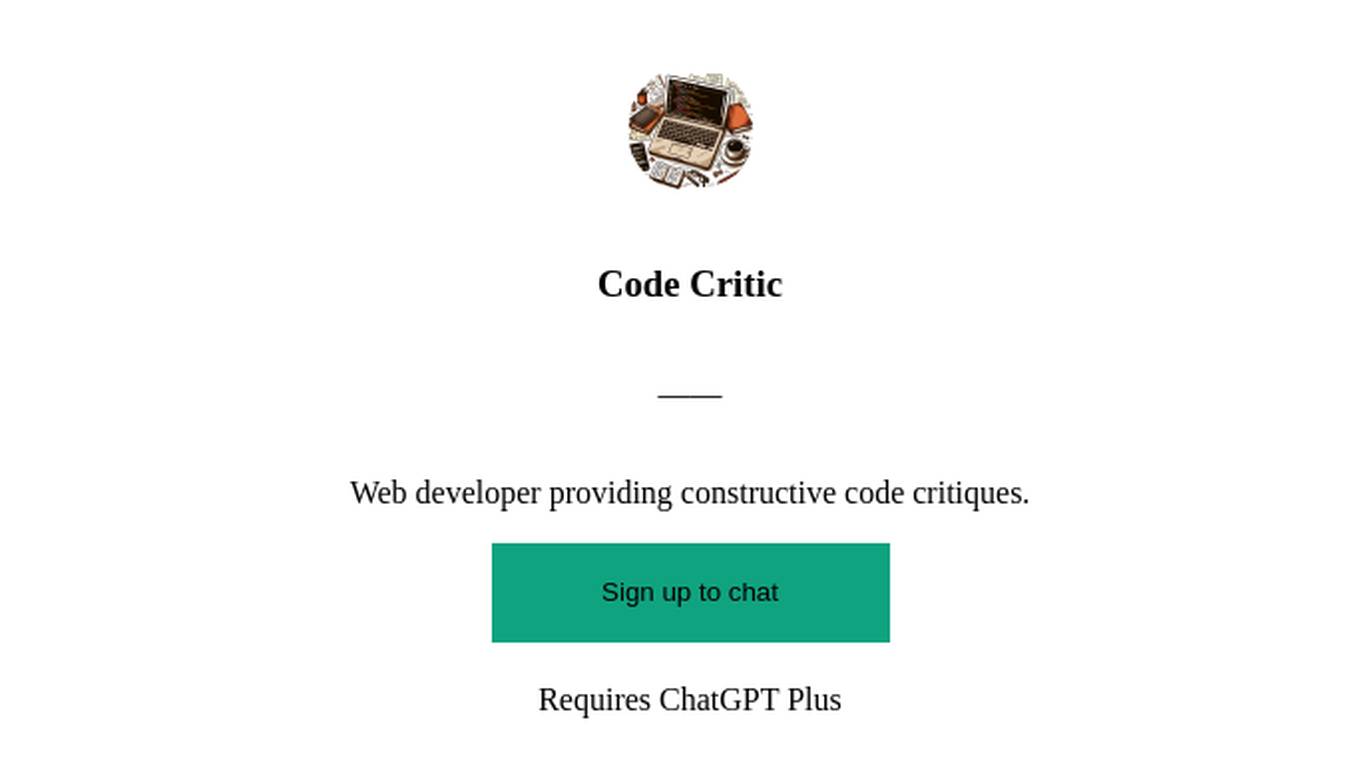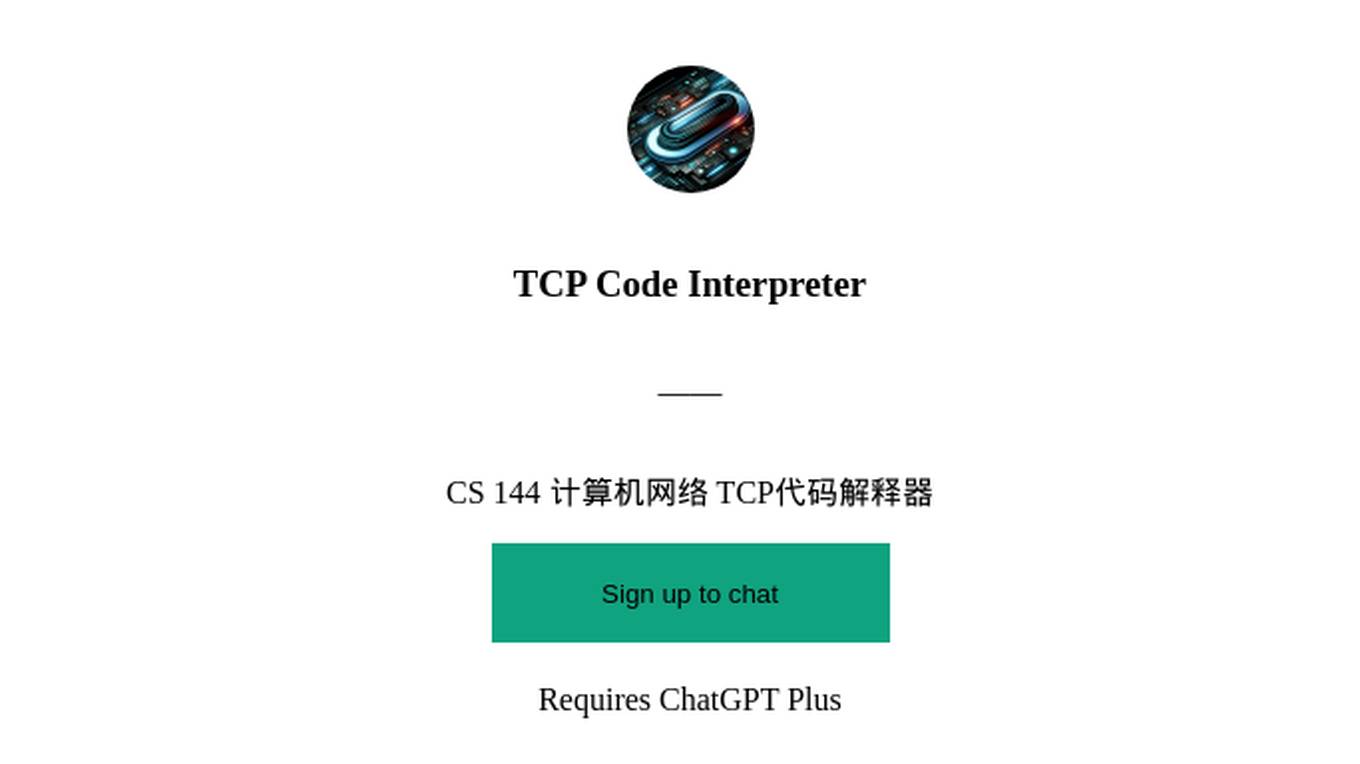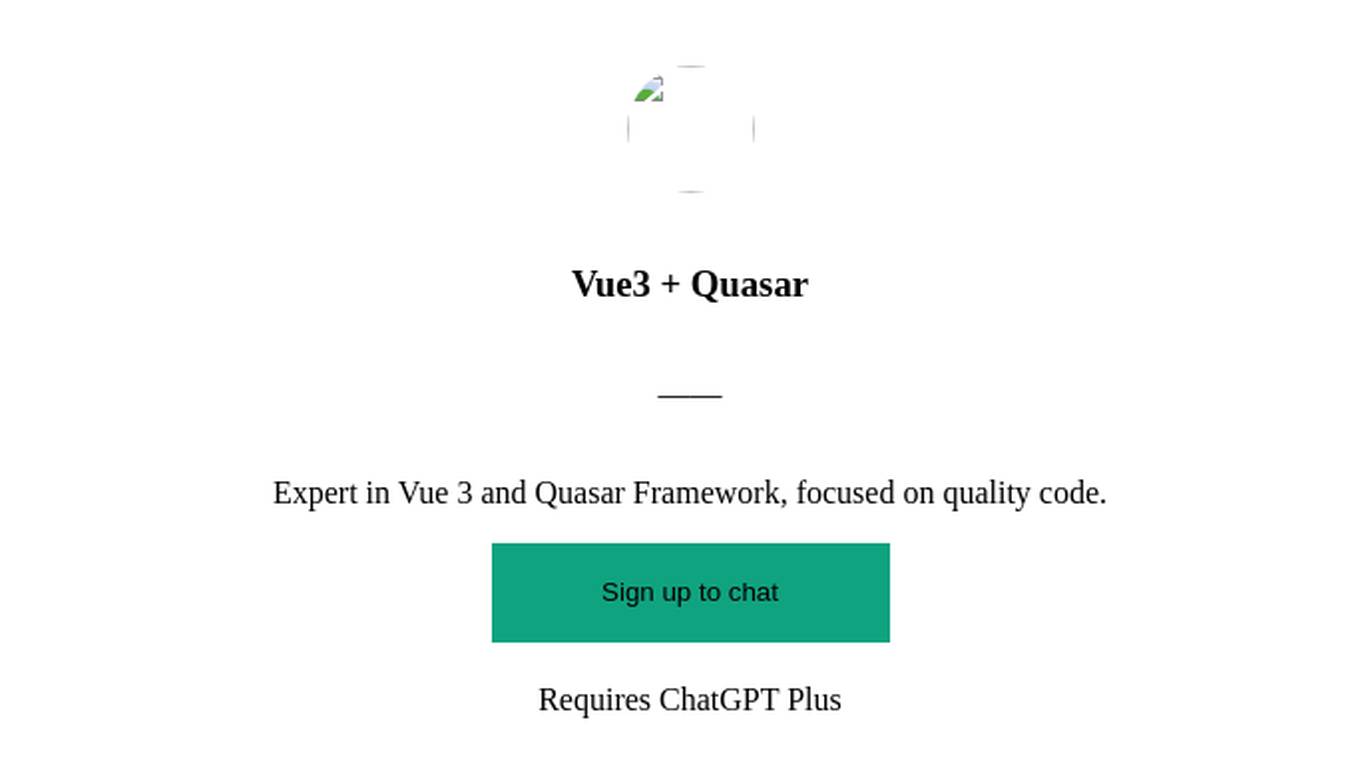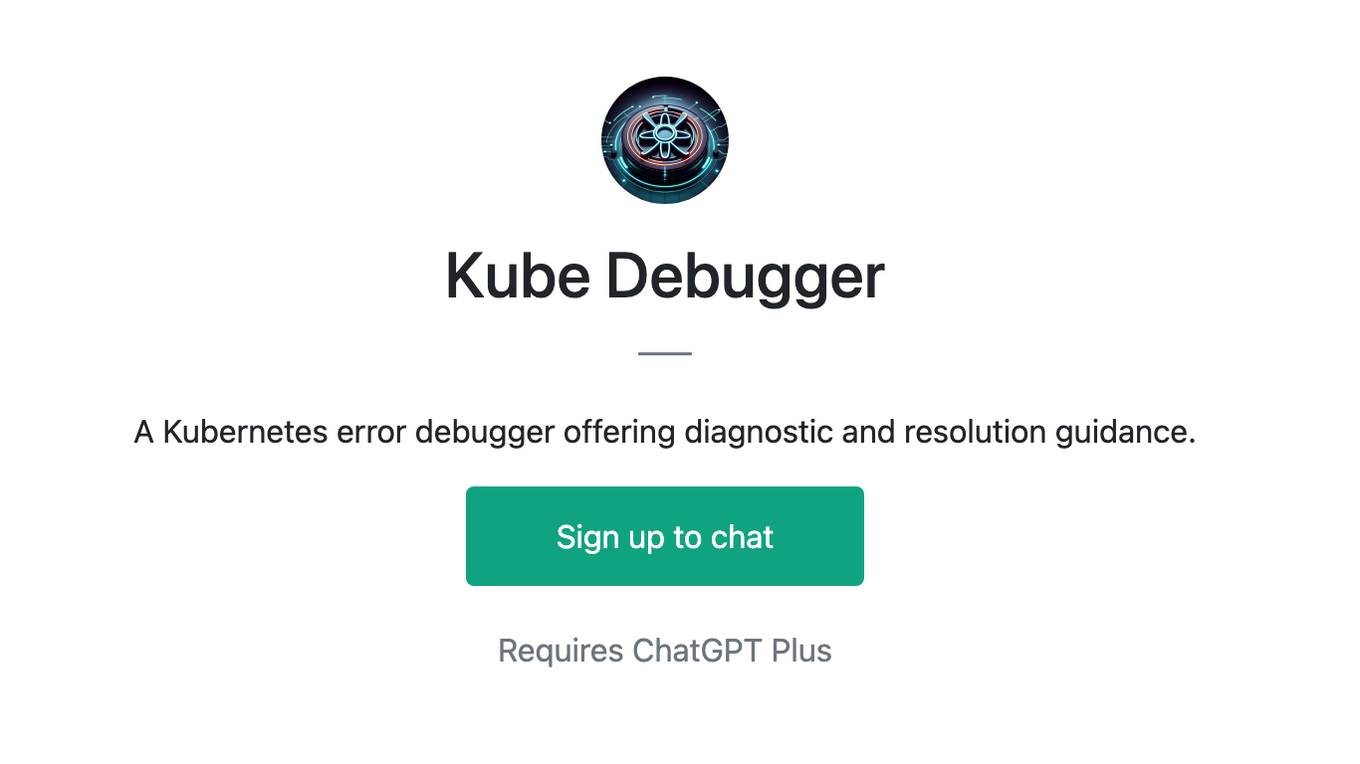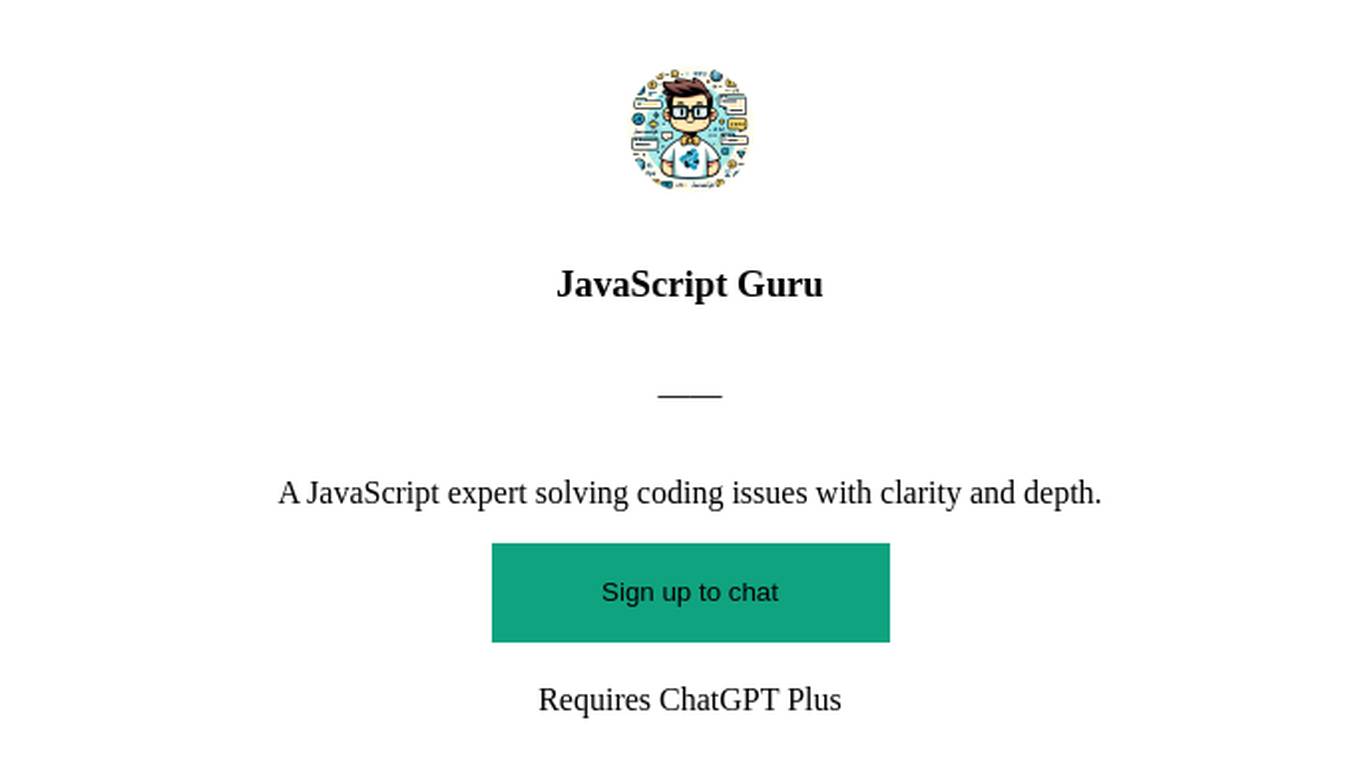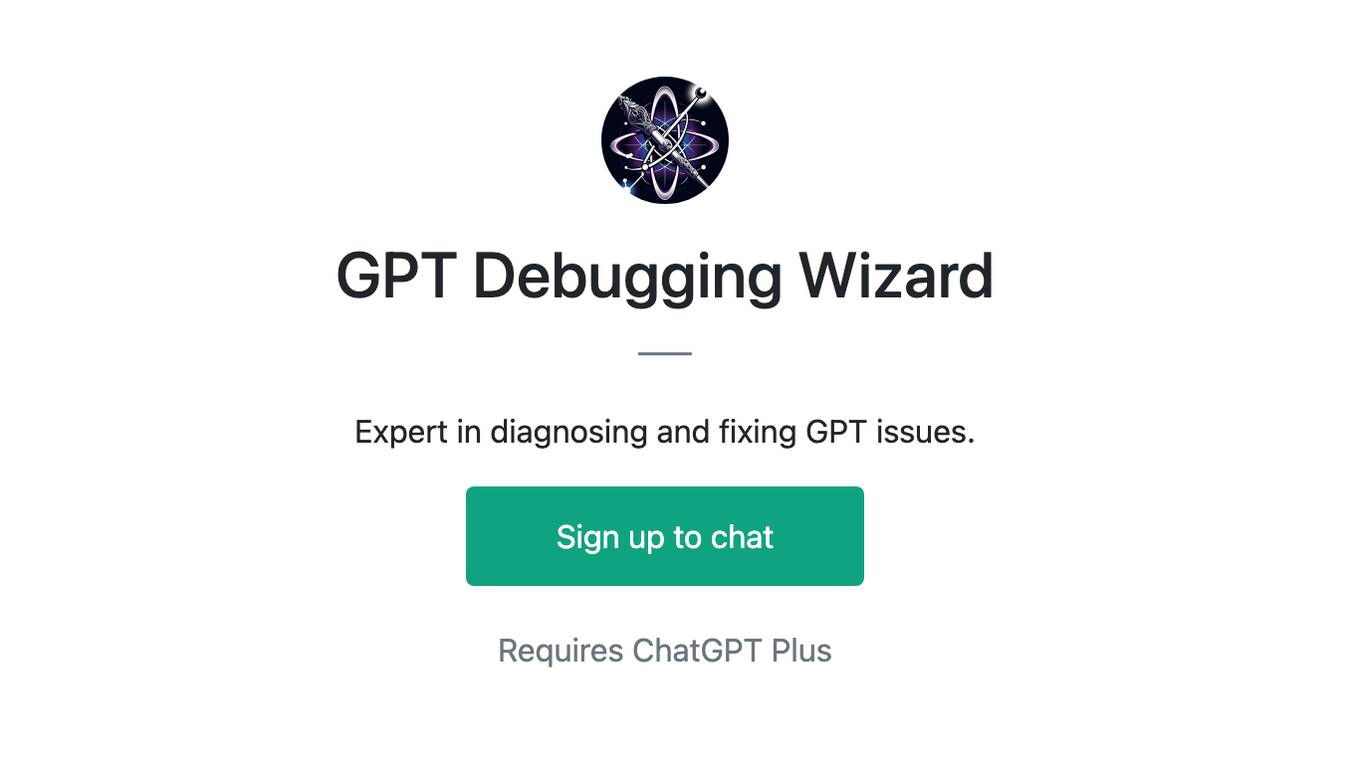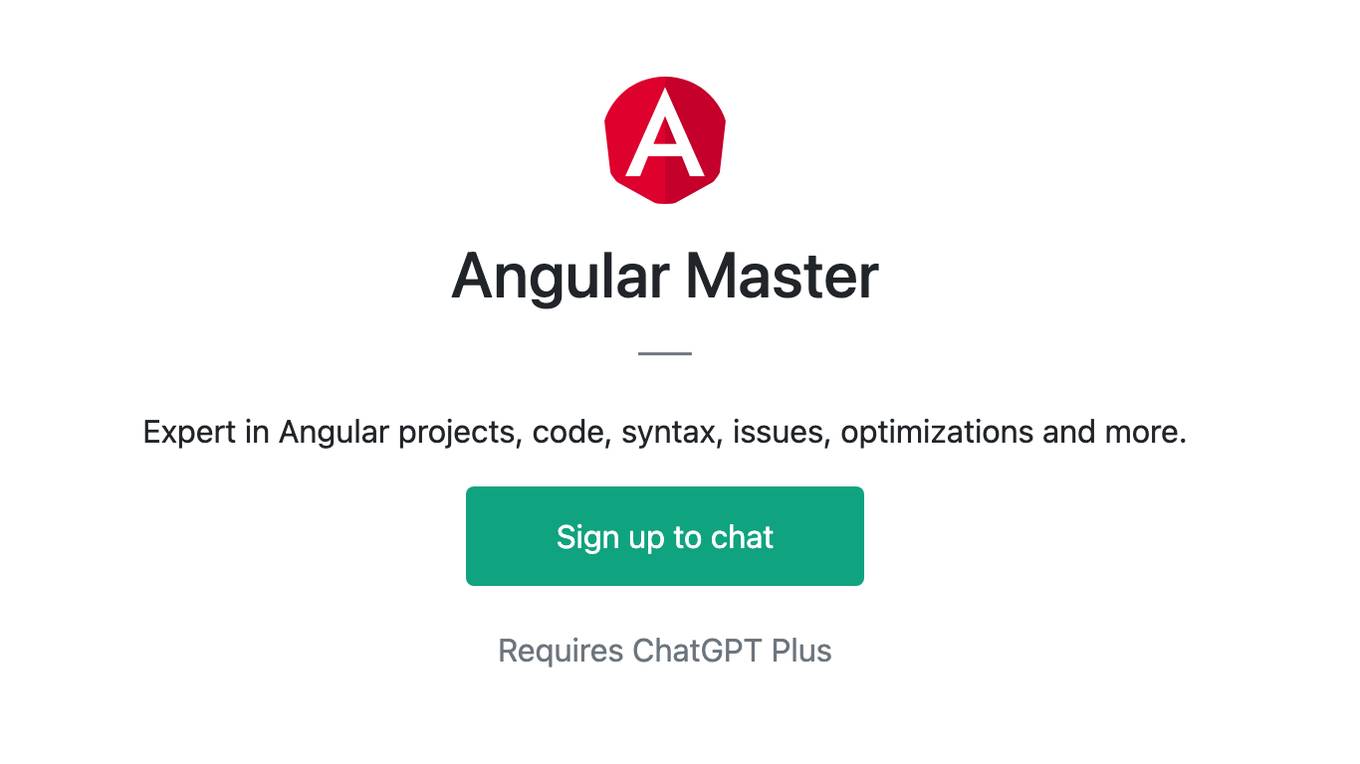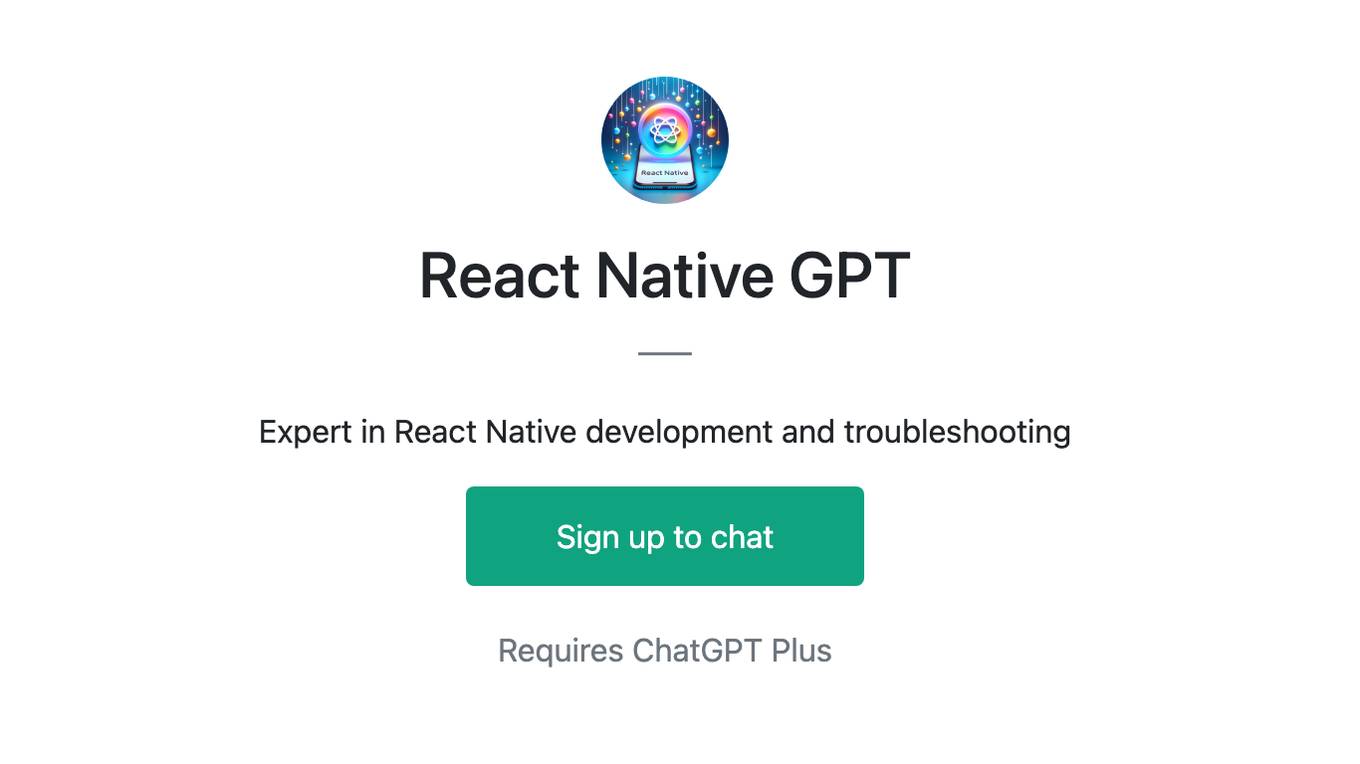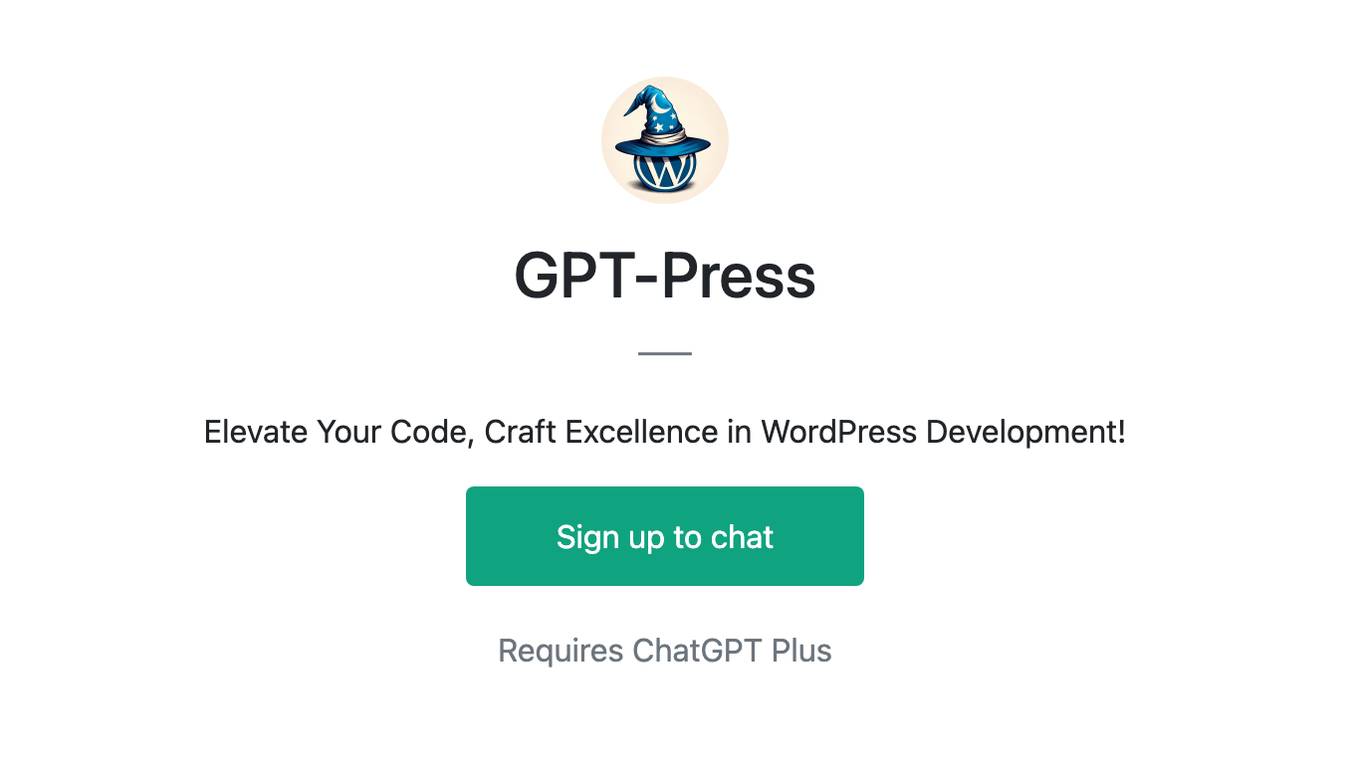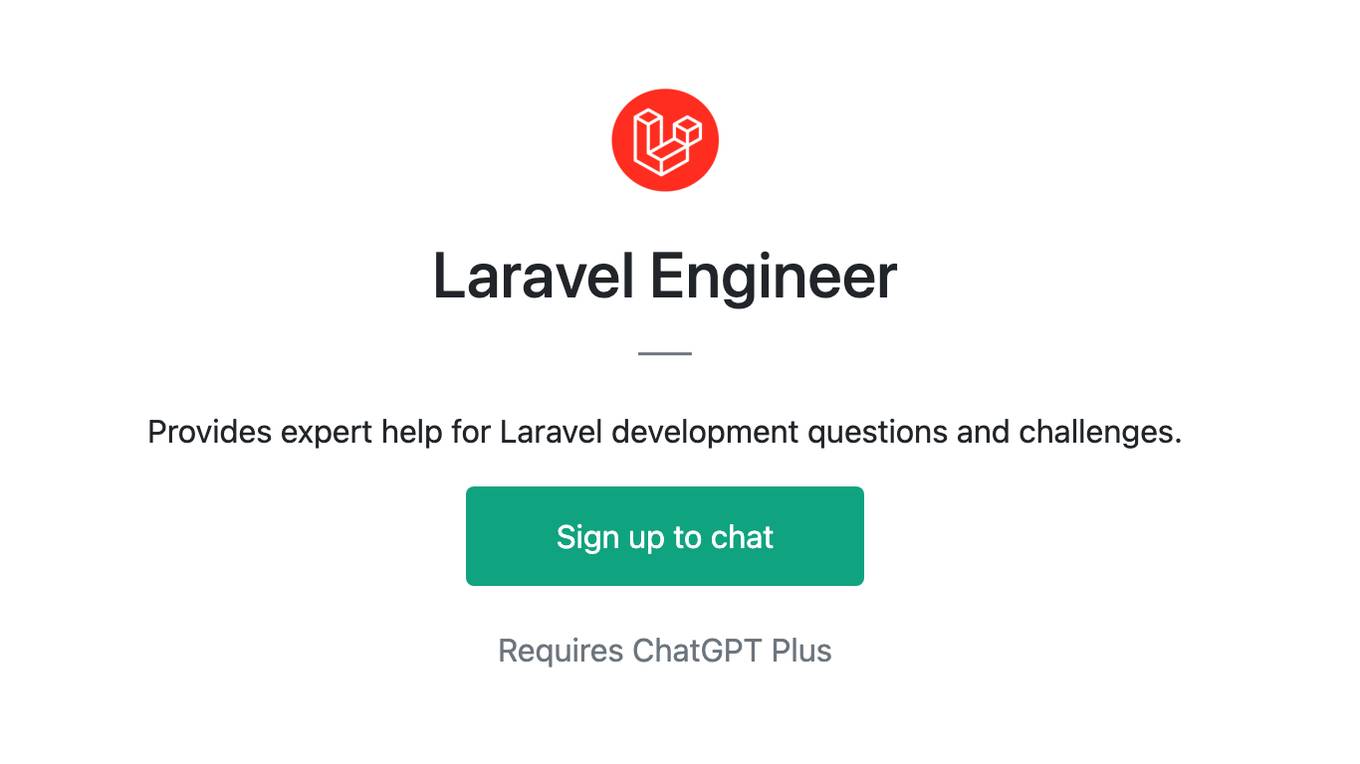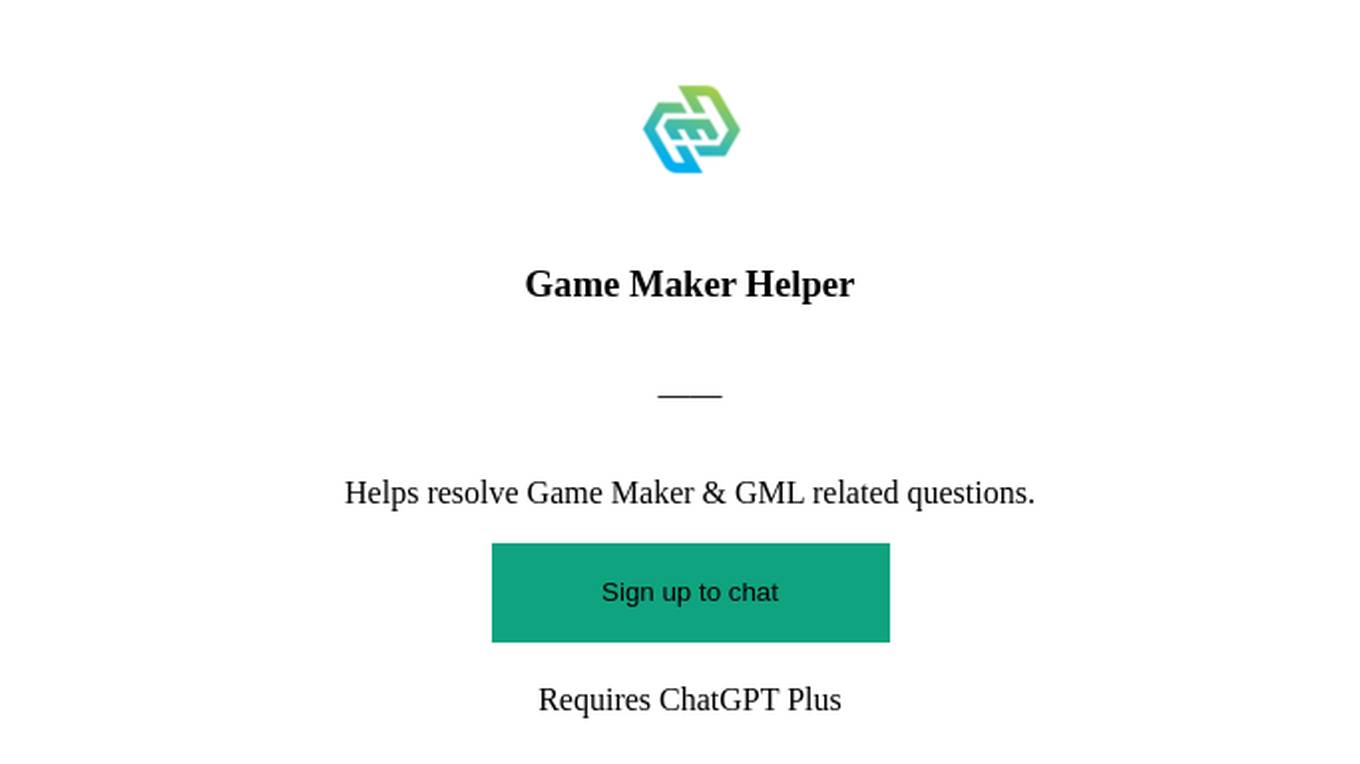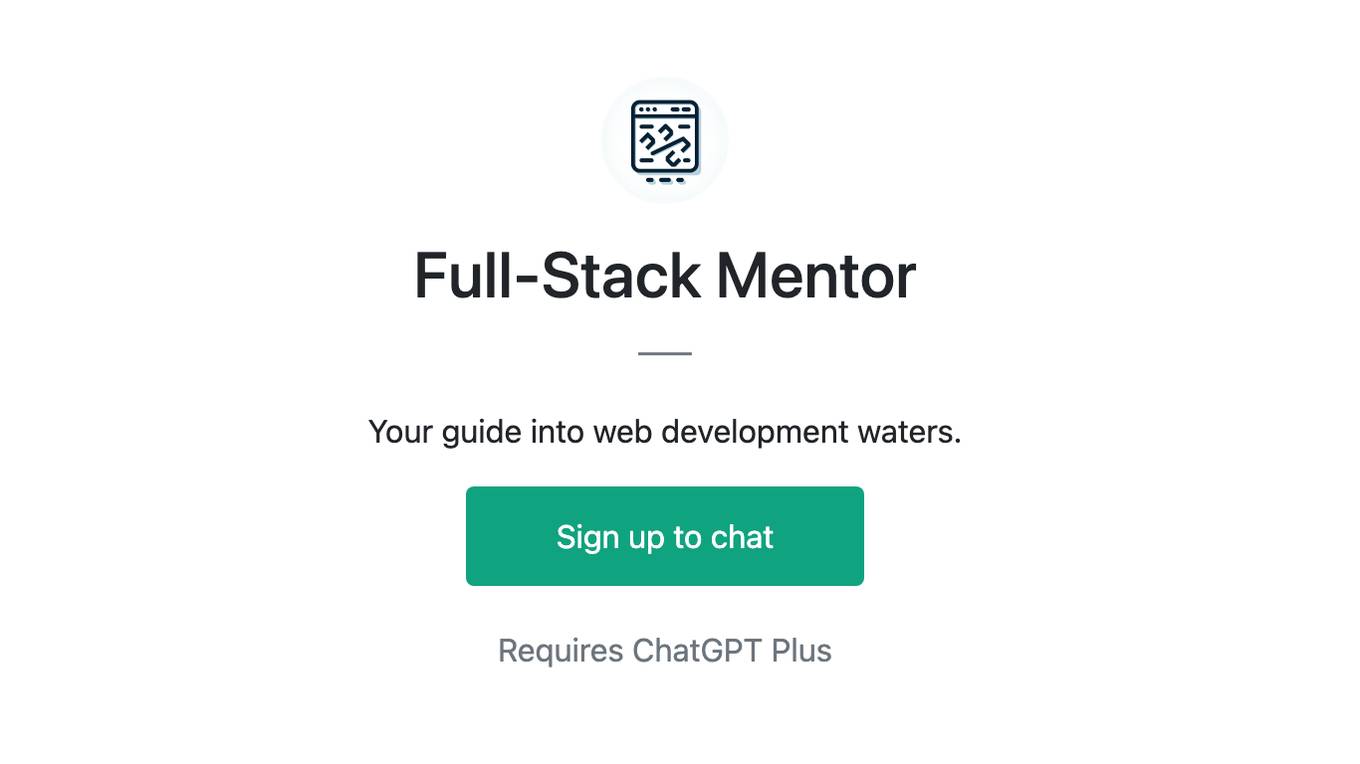Best AI tools for< Debug Issues >
20 - AI tool Sites
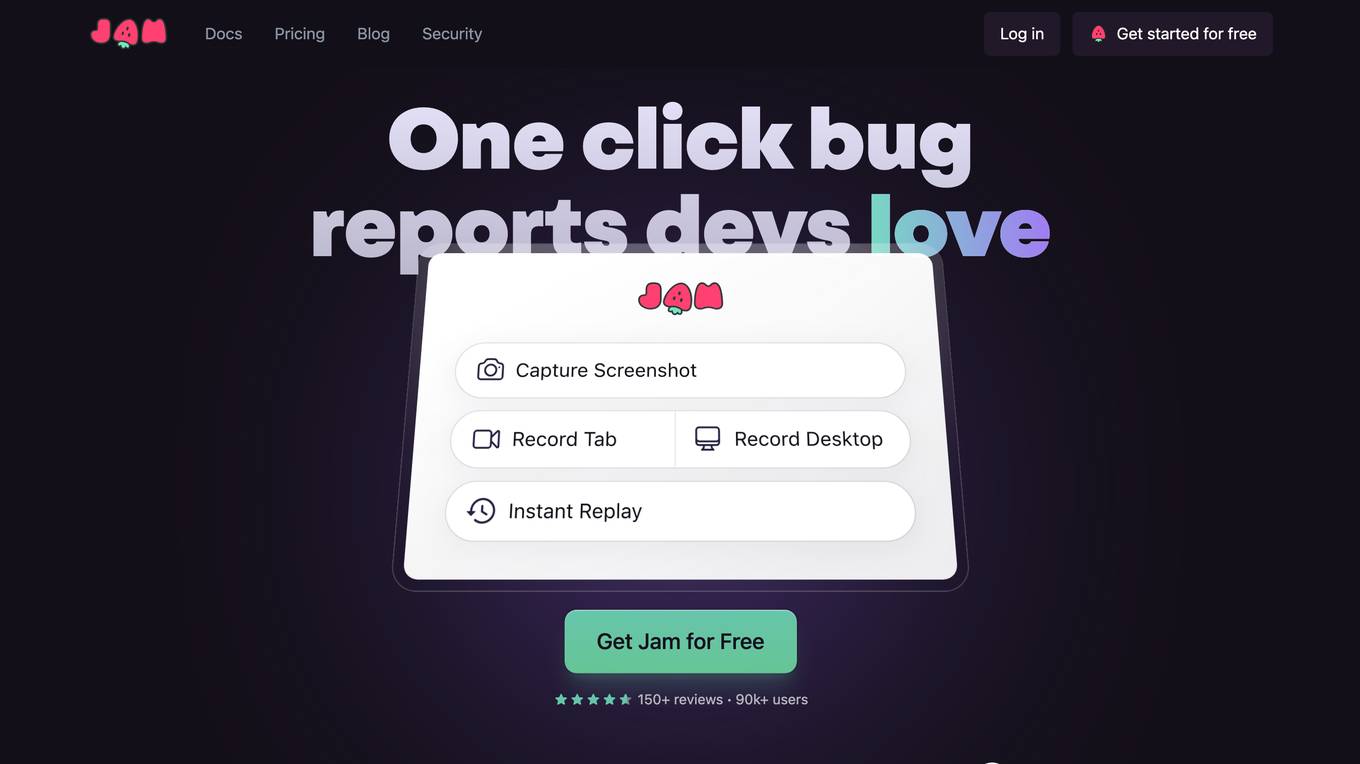
Jam
Jam is a bug-tracking tool that helps developers reproduce and debug issues quickly and easily. It automatically captures all the information engineers need to debug, including device and browser information, console logs, network logs, repro steps, and backend tracing. Jam also integrates with popular tools like GitHub, Jira, Linear, Slack, ClickUp, Asana, Sentry, Figma, Datadog, Gitlab, Notion, and Airtable. With Jam, developers can save time and effort by eliminating the need to write repro steps and manually collect information. Jam is used by over 90,000 developers and has received over 150 positive reviews.
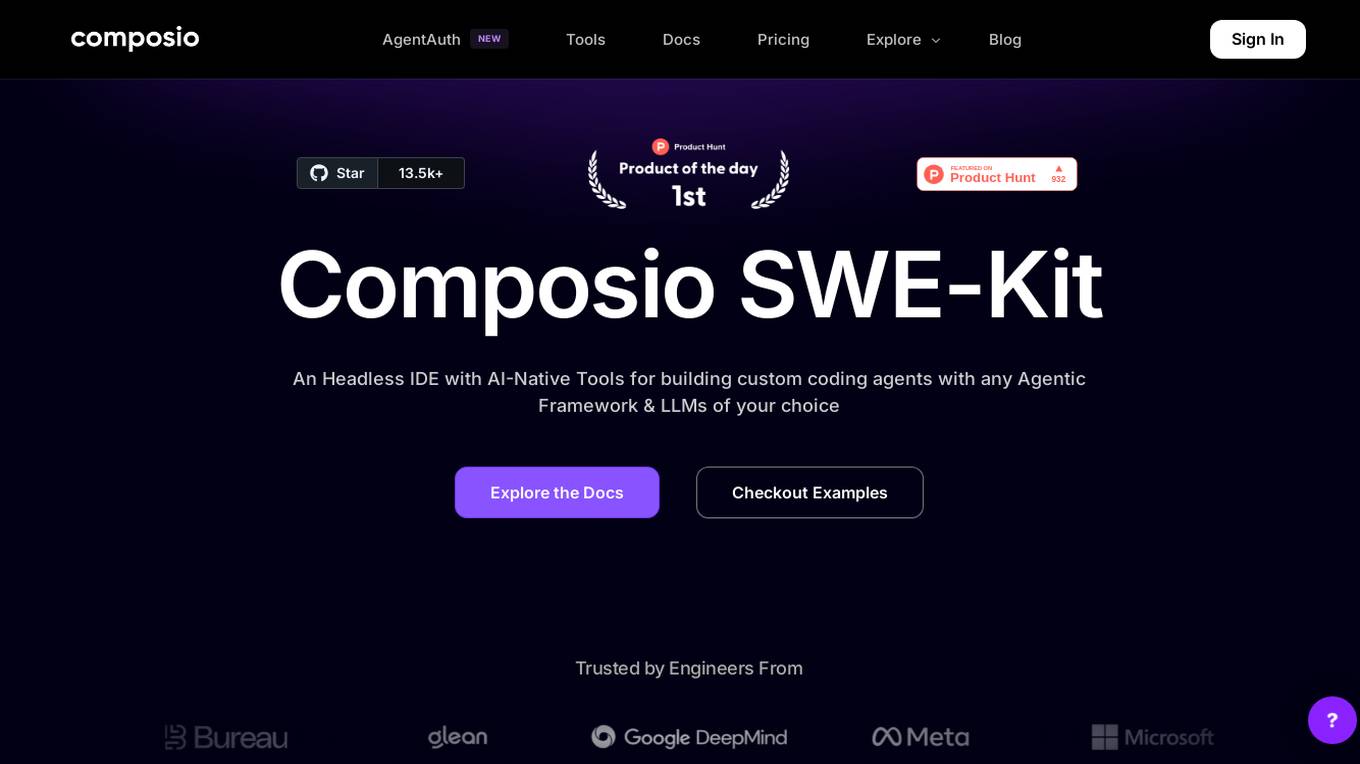
SWE Kit
SWE Kit is an open-source headless IDE designed for building custom coding agents with state-of-the-art performance. It offers AI-native tools to streamline the coding review process, enhance code quality, and optimize development efficiency. The application supports various agentic frameworks and LLM inference providers, providing a flexible runtime environment for seamless codebase interaction. With features like code analysis, code indexing, and third-party service integrations, SWE Kit empowers developers to create and run coding agents effortlessly.

Whybug
Whybug is an AI tool designed to help developers debug their code by providing explanations for errors. By utilizing a large language model trained on data from StackExchange and other sources, Whybug can predict the causes of errors and suggest fixes. Users can simply paste an error message and receive detailed explanations on how to resolve the issue. The tool aims to streamline the debugging process and improve code quality.
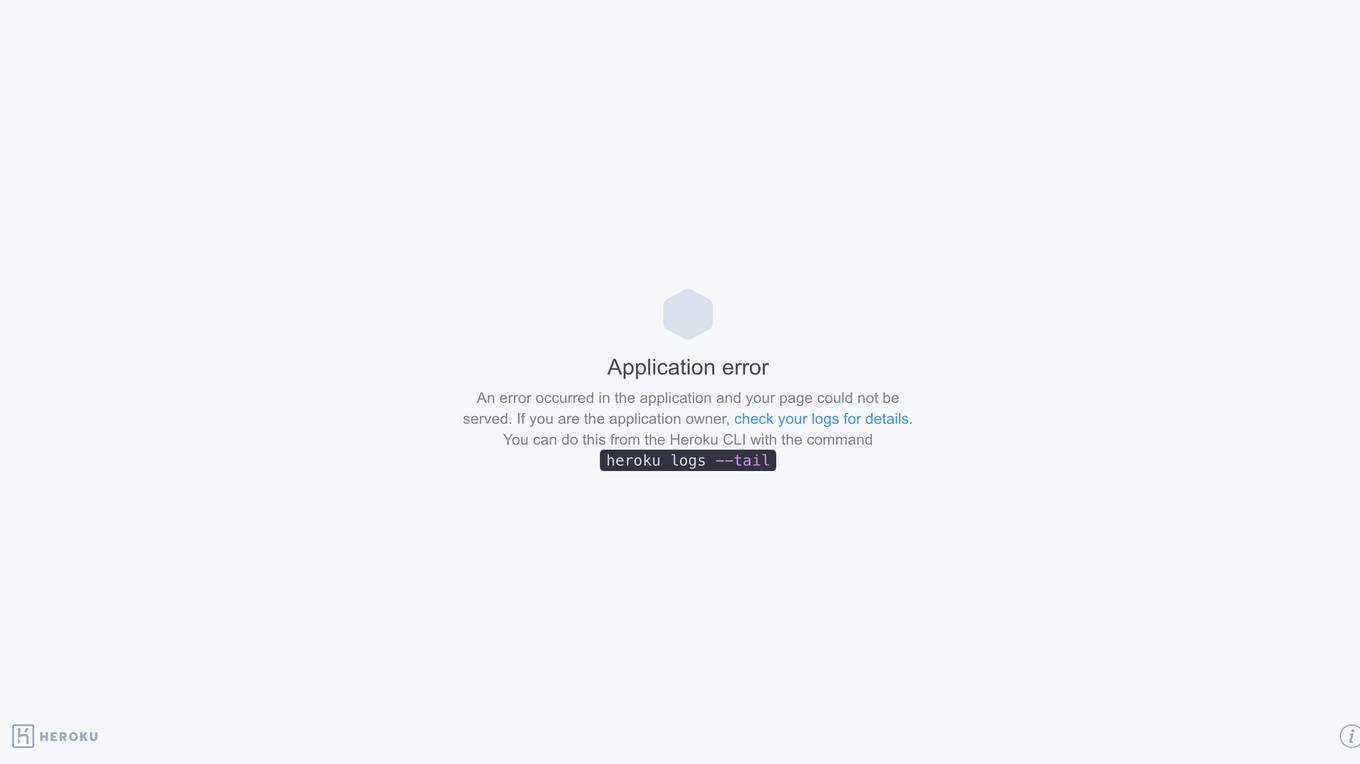
Application Error
The website is experiencing an application error, which indicates a technical issue preventing the proper functioning of the application. An application error can occur due to various reasons such as software bugs, server issues, or incorrect user inputs. It is essential for the website administrators to troubleshoot and resolve the error promptly to ensure a seamless user experience.
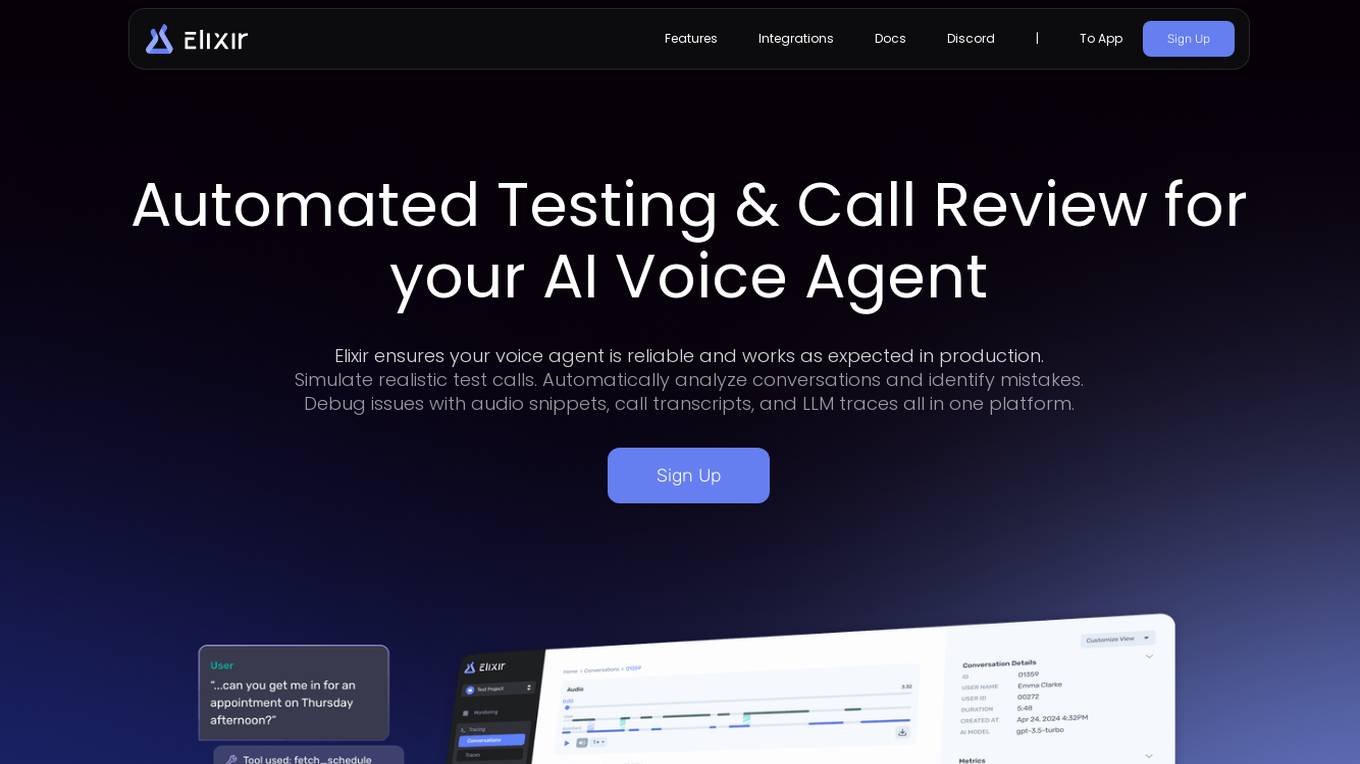
Elixir
Elixir is an AI tool designed for observability and testing of AI voice agents. It offers features such as automated testing, call review, monitoring, analytics, tracing, scoring, and reviewing. Elixir helps in simulating realistic test calls, analyzing conversations, identifying mistakes, and debugging issues with audio snippets and call transcripts. It provides detailed traces for complex abstractions, streamlines manual review processes, and allows for simulating thousands of calls for full test coverage. The tool is suitable for monitoring agent performance, detecting anomalies in real-time, and improving conversational systems through human-in-the-loop feedback.
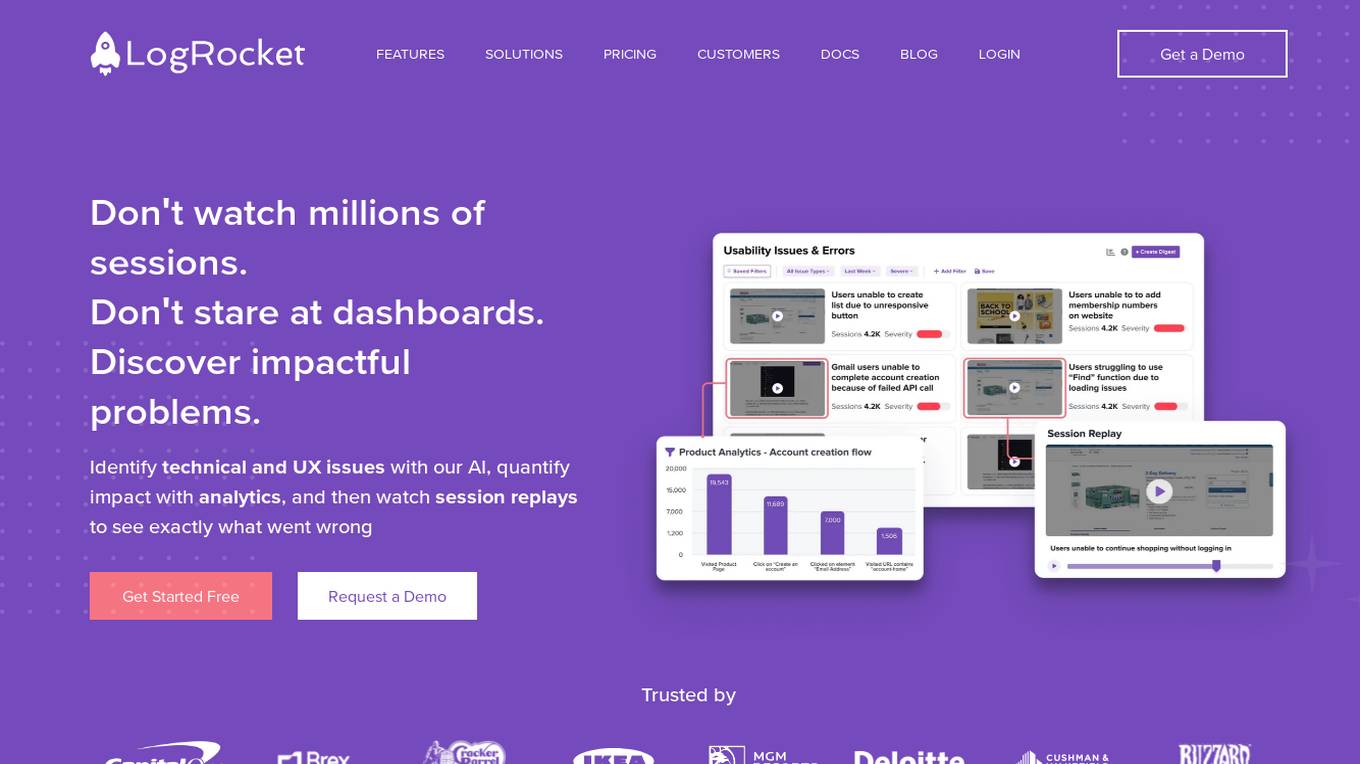
LogRocket
LogRocket is a session replay, product analytics, and issue detection platform that helps software teams deliver the best web and mobile experiences. With LogRocket, you can see exactly what users experienced on your app, as well as DOM playback, console and network logs, errors, and performance data. You can also surface the most impactful user issues with JavaScript errors, network errors, stack traces, automatic triaging, and alerting. LogRocket also provides product analytics to help you understand how users are interacting with your app, and UX analytics to help you visualize how users experience your app at both the individual and aggregate level.

Highcountry Toyota Internet Connection Troubleshooter
Highcountrytoyota.stage.autogo.ai is an AI tool designed to provide assistance and support for troubleshooting internet connection issues. The website offers guidance on resolving connection problems, including checking network settings, firewall configurations, and proxy server issues. Users can find step-by-step instructions and tips to troubleshoot and fix connection errors. The platform aims to help users quickly identify and resolve connectivity issues to ensure seamless internet access.
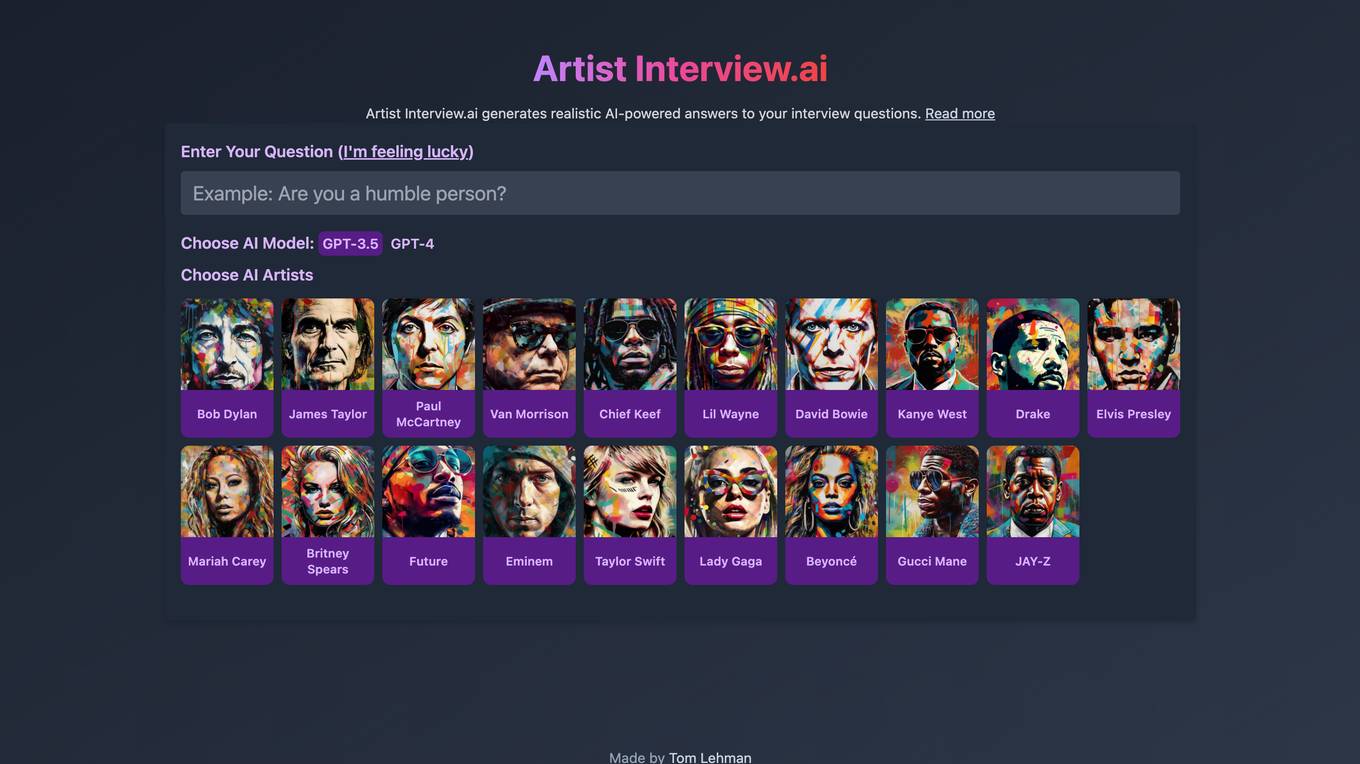
Application Error
The website is experiencing an application error, which indicates a technical issue preventing the proper functioning of the application. An application error can occur due to various reasons such as bugs in the code, server issues, or incorrect user input. It is essential to troubleshoot and resolve application errors promptly to ensure the smooth operation of the website.
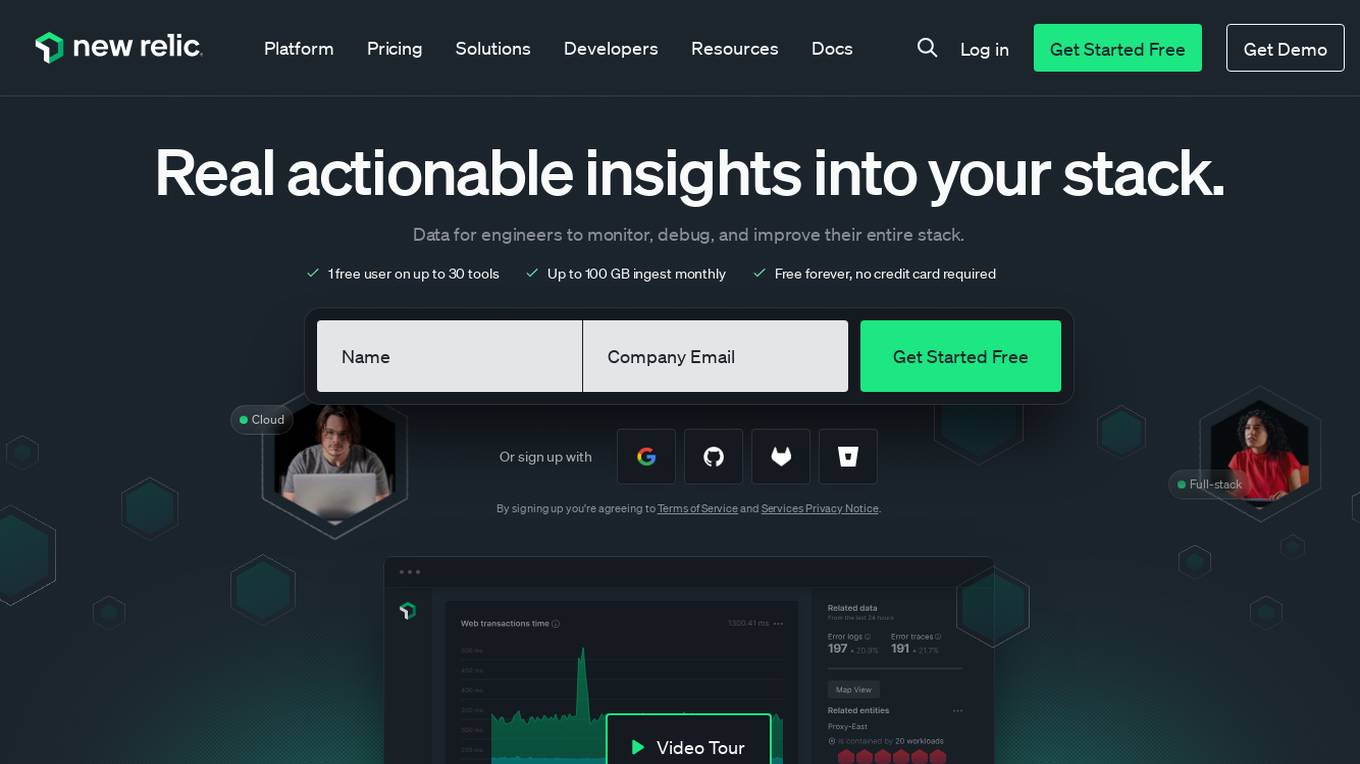
New Relic
New Relic is an AI monitoring platform that offers an all-in-one observability solution for monitoring, debugging, and improving the entire technology stack. With over 30 capabilities and 750+ integrations, New Relic provides the power of AI to help users gain insights and optimize performance across various aspects of their infrastructure, applications, and digital experiences.

Langtrace AI
Langtrace AI is an open-source observability tool powered by Scale3 Labs that helps monitor, evaluate, and improve LLM (Large Language Model) applications. It collects and analyzes traces and metrics to provide insights into the ML pipeline, ensuring security through SOC 2 Type II certification. Langtrace supports popular LLMs, frameworks, and vector databases, offering end-to-end observability and the ability to build and deploy AI applications with confidence.
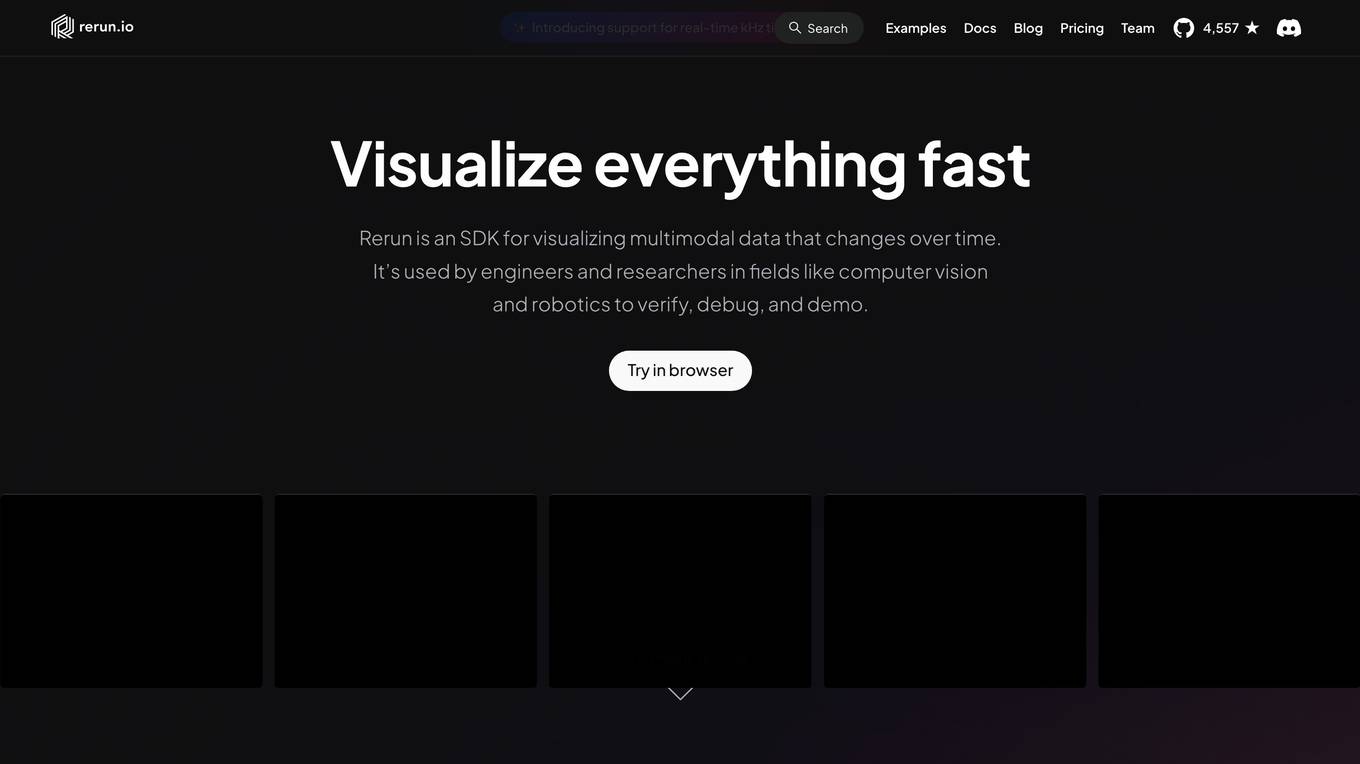
Rerun
Rerun is an SDK, time-series database, and visualizer for temporal and multimodal data. It is used in fields like robotics, spatial computing, 2D/3D simulation, and finance to verify, debug, and explain data. Rerun allows users to log data like tensors, point clouds, and text to create streams, visualize and interact with live and recorded streams, build layouts, customize visualizations, and extend data and UI functionalities. The application provides a composable data model, dynamic schemas, and custom views for enhanced data visualization and analysis.

Snaplet
Snaplet is a data management tool for developers that provides AI-generated dummy data for local development, end-to-end testing, and debugging. It uses a real programming language (TypeScript) to define and edit data, ensuring type safety and auto-completion. Snaplet understands database structures and relationships, automatically transforming personally identifiable information and seeding data accordingly. It integrates seamlessly into development workflows, providing data where it's needed most: on local machines, for CI/CD testing, and preview environments.
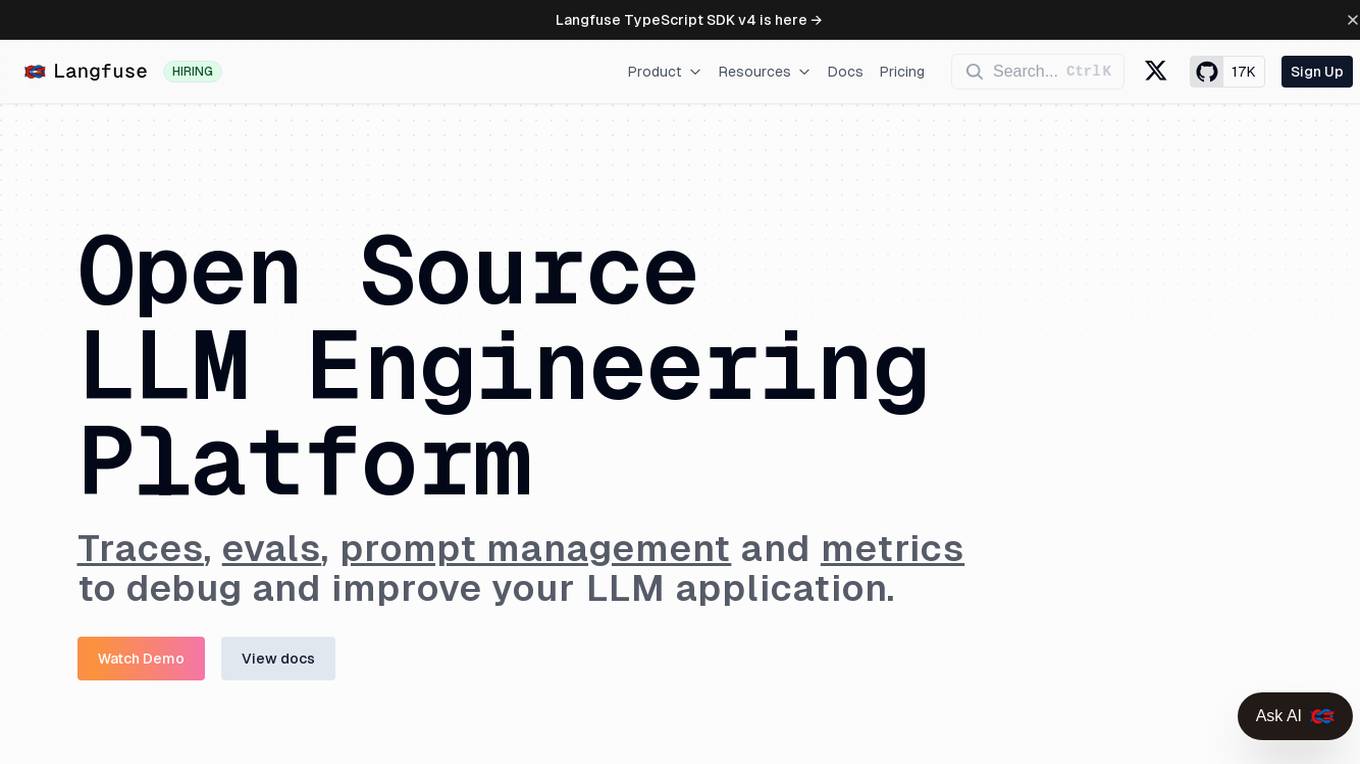
Langfuse
Langfuse is an AI tool that offers the Langfuse TypeScript SDK v4 for building and debugging LLM (Large Language Models) applications. It provides features such as tracing, prompt management, evaluation, and metrics to enhance the performance of LLM applications. Langfuse is backed by a team of experts and offers integrations with various platforms and SDKs. The tool aims to simplify the development process of complex LLM applications and improve overall efficiency.
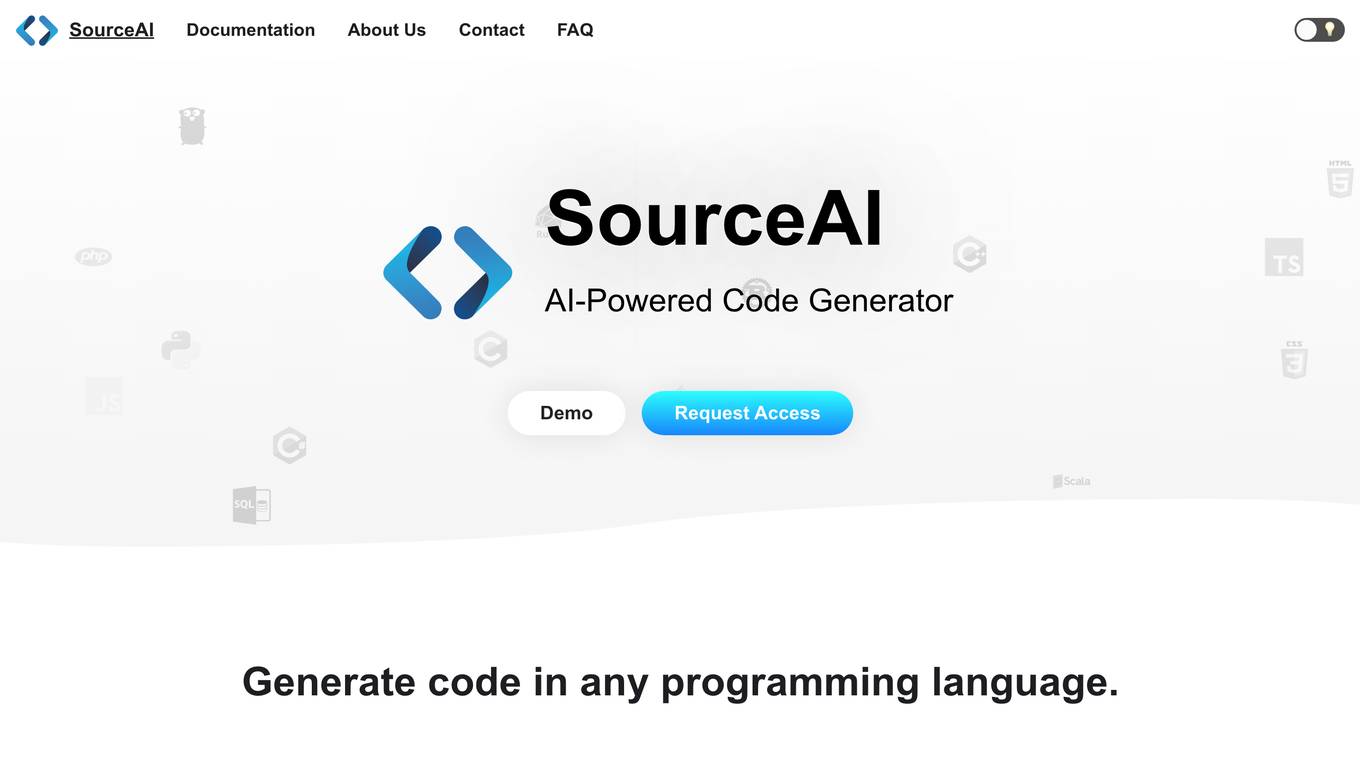
SourceAI
SourceAI is an AI-powered code generator that allows users to generate code in any programming language. It is easy to use, even for non-developers, and has a clear and intuitive interface. SourceAI is powered by GPT-3 and Codex, the most advanced AI technology available. It can be used to generate code for a variety of tasks, including calculating the factorial of a number, finding the roots of a polynomial, and translating text from one language to another.
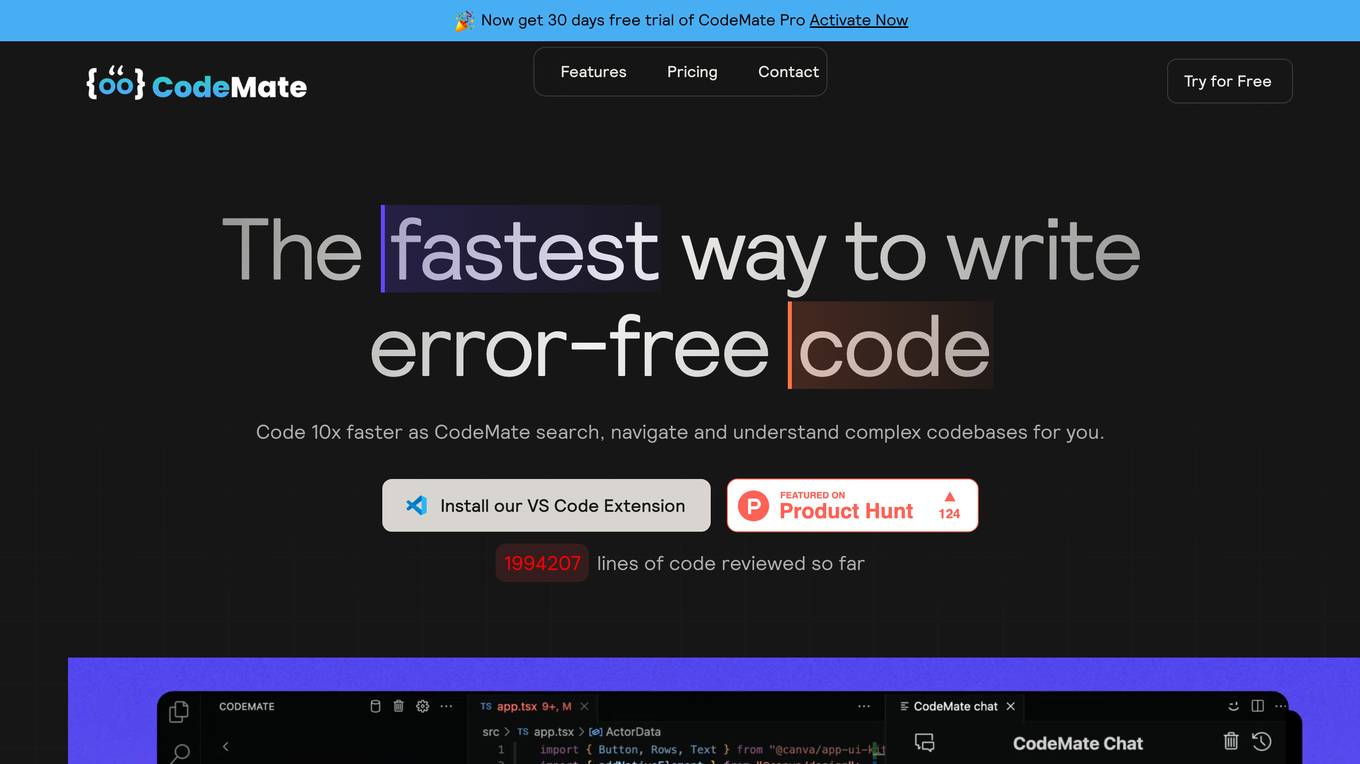
CodeMate
CodeMate is an AI pair programmer tool designed to help developers write error-free code faster. It offers features like code navigation, understanding complex codebases, intuitive interface for smarter coding, instant debugging, code refactoring, and AI-powered code reviews. CodeMate supports all programming languages and provides suggestions for code optimizations. The tool ensures the security and privacy of user code and offers different pricing plans for individual developers, teams, and enterprises. Users can interact with their codebase, documentation, and Git repositories using CodeMate Chat. The tool aims to improve code quality and productivity by acting as a co-developer while programming.
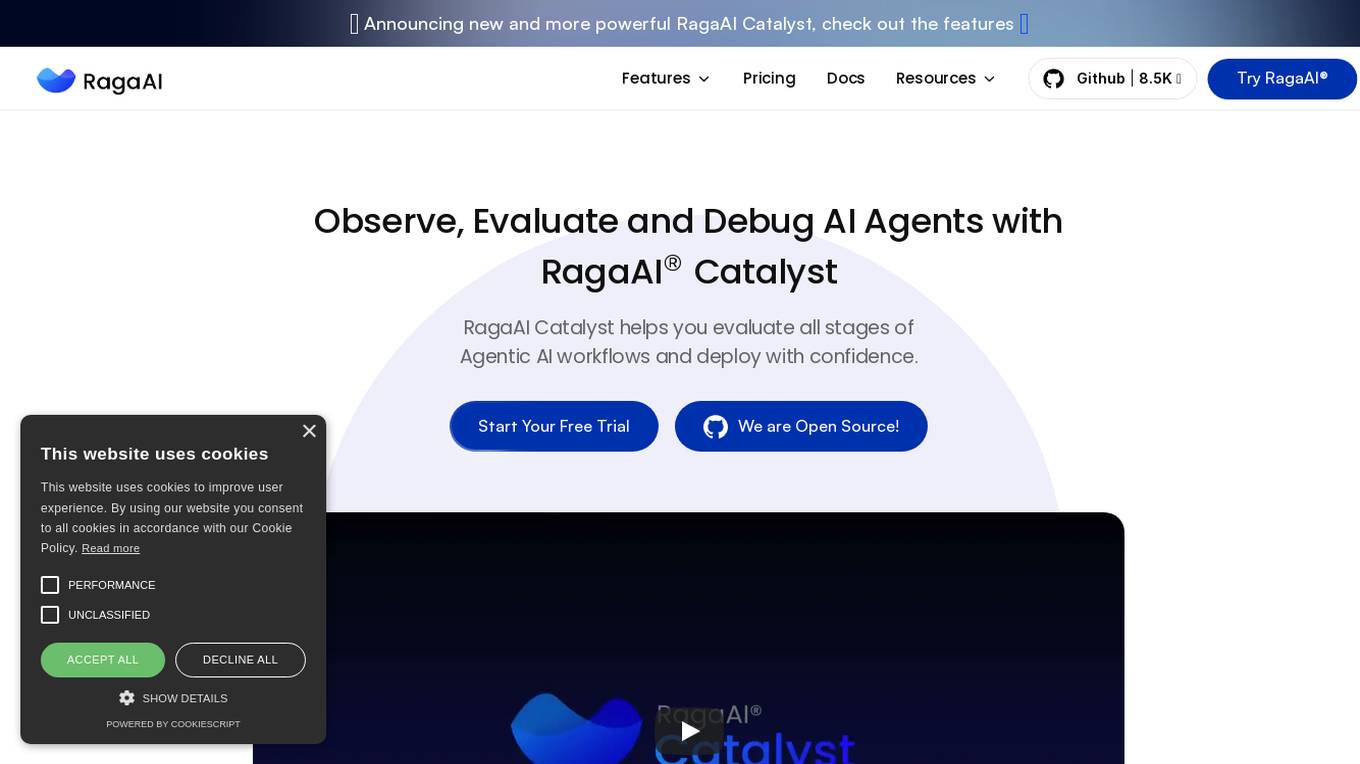
RagaAI Catalyst
RagaAI Catalyst is a sophisticated AI observability, monitoring, and evaluation platform designed to help users observe, evaluate, and debug AI agents at all stages of Agentic AI workflows. It offers features like visualizing trace data, instrumenting and monitoring tools and agents, enhancing AI performance, agentic testing, comprehensive trace logging, evaluation for each step of the agent, enterprise-grade experiment management, secure and reliable LLM outputs, finetuning with human feedback integration, defining custom evaluation logic, generating synthetic data, and optimizing LLM testing with speed and precision. The platform is trusted by AI leaders globally and provides a comprehensive suite of tools for AI developers and enterprises.

Langtail
Langtail is a platform that helps developers build, test, and deploy AI-powered applications. It provides a suite of tools to help developers debug prompts, run tests, and monitor the performance of their AI models. Langtail also offers a community forum where developers can share tips and tricks, and get help from other users.
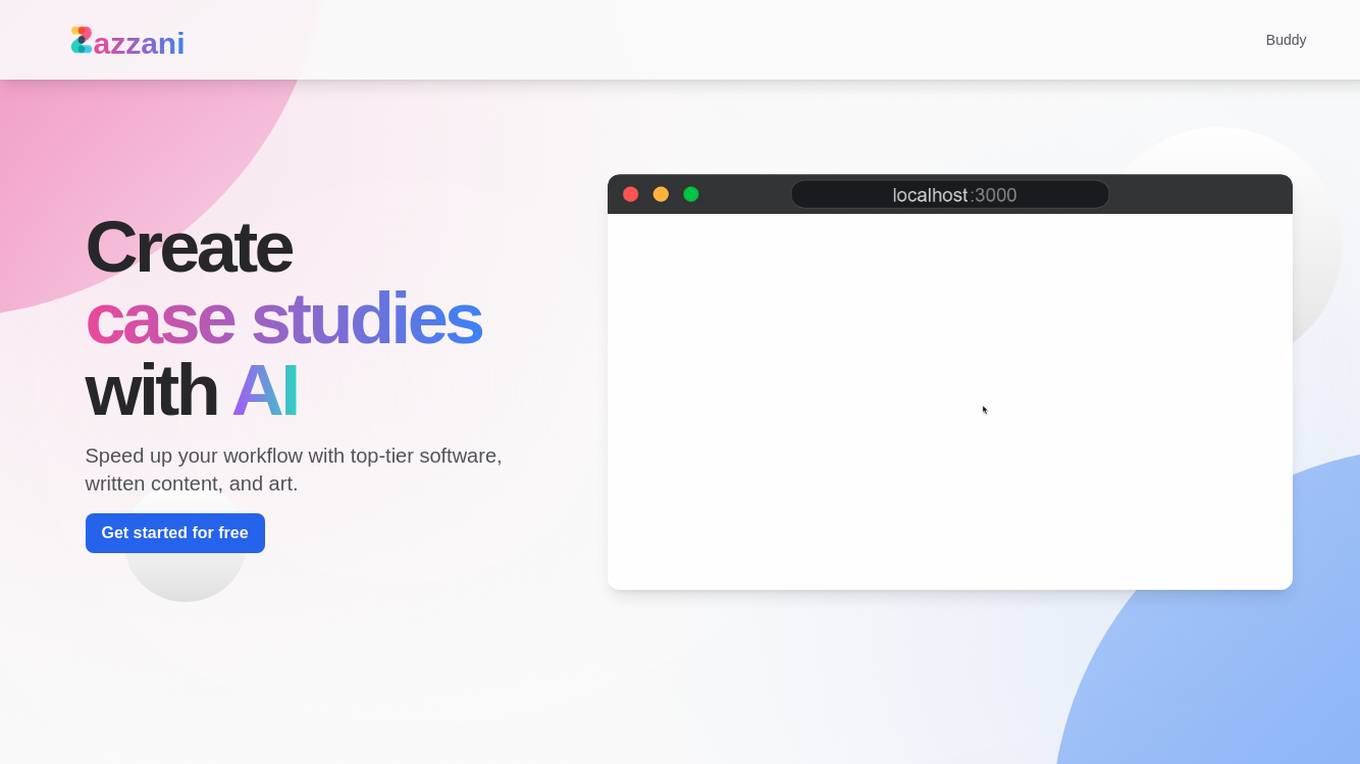
Zazzani AI Buddy
Zazzani AI Buddy is an AI-powered platform that empowers users to create, debug code, write articles, and communicate with AI in multiple languages. It enhances productivity by generating ideas, providing context-specific answers, and eliminating monotony through automated tasks. Users can sign up to receive updates and contribute to the platform's growth. Zazzani AI Buddy aims to streamline workflows and inspire creativity through its innovative AI capabilities.
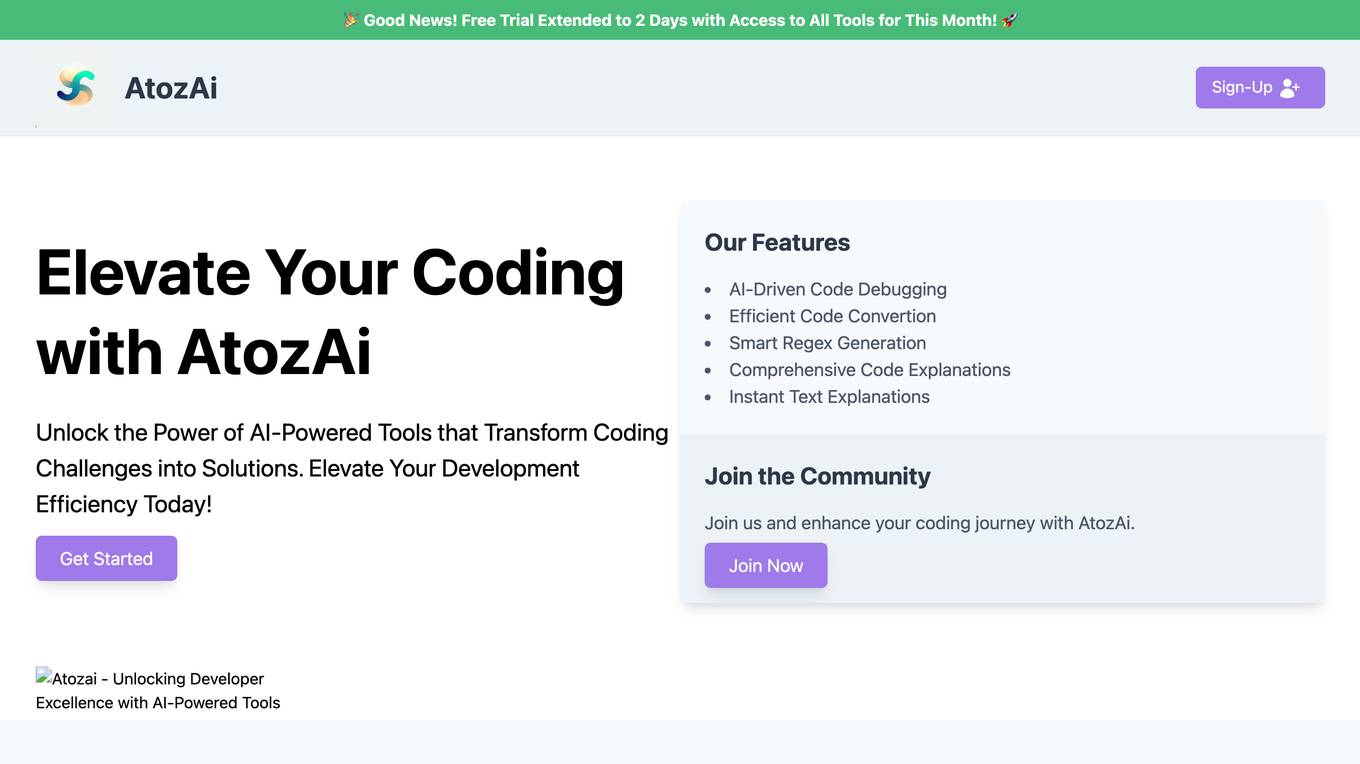
AtozAi
AtozAi is an AI application designed to empower developers by providing AI-powered tools that enhance coding efficiency and productivity. The platform offers features such as AI-driven code debugging, efficient code conversion, smart regex generation, comprehensive code explanations, and instant text explanations. AtozAi aims to cover a wide range of coding tasks with specialized AI algorithms, continually expanding its toolkit to make tasks easier, more efficient, and creative for developers.
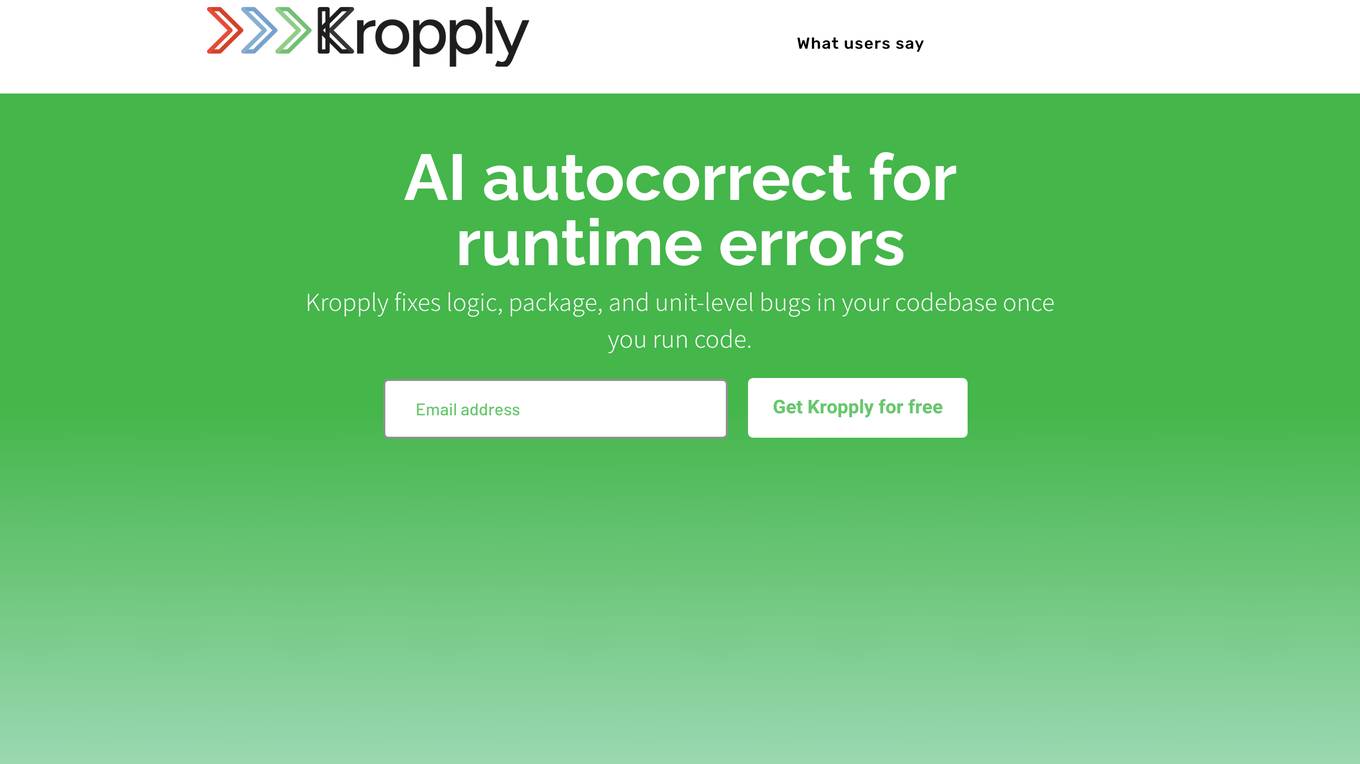
Kropply
Kropply is an AI-powered debugging tool that helps developers fix logic, package, and unit-level bugs in their codebase once they run the code. It integrates with VSCode to provide real-time insights and error correction, streamlining the debugging process and making coding more efficient.
6 - Open Source AI Tools
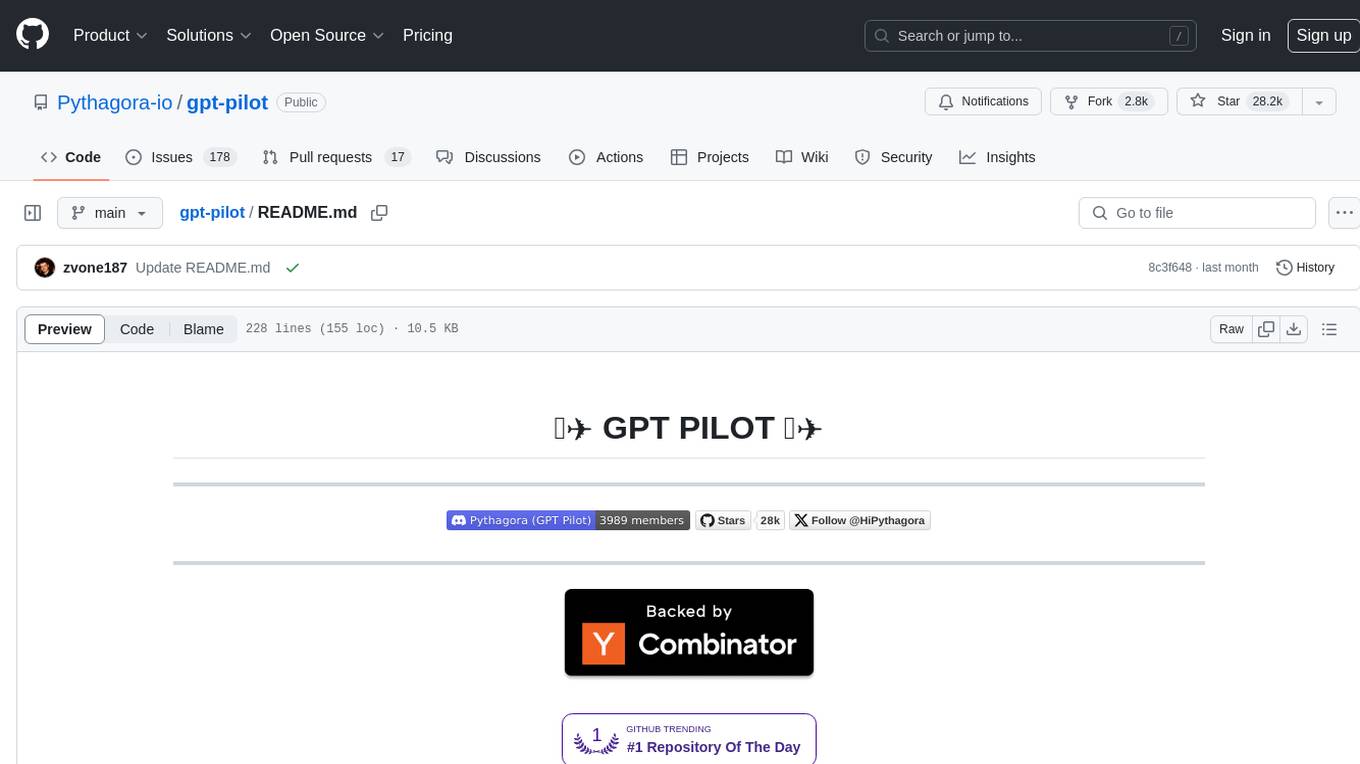
gpt-pilot
GPT Pilot is a core technology for the Pythagora VS Code extension, aiming to provide the first real AI developer companion. It goes beyond autocomplete, helping with writing full features, debugging, issue discussions, and reviews. The tool utilizes LLMs to generate production-ready apps, with developers overseeing the implementation. GPT Pilot works step by step like a developer, debugging issues as they arise. It can work at any scale, filtering out code to show only relevant parts to the AI during tasks. Contributions are welcome, with debugging and telemetry being key areas of focus for improvement.
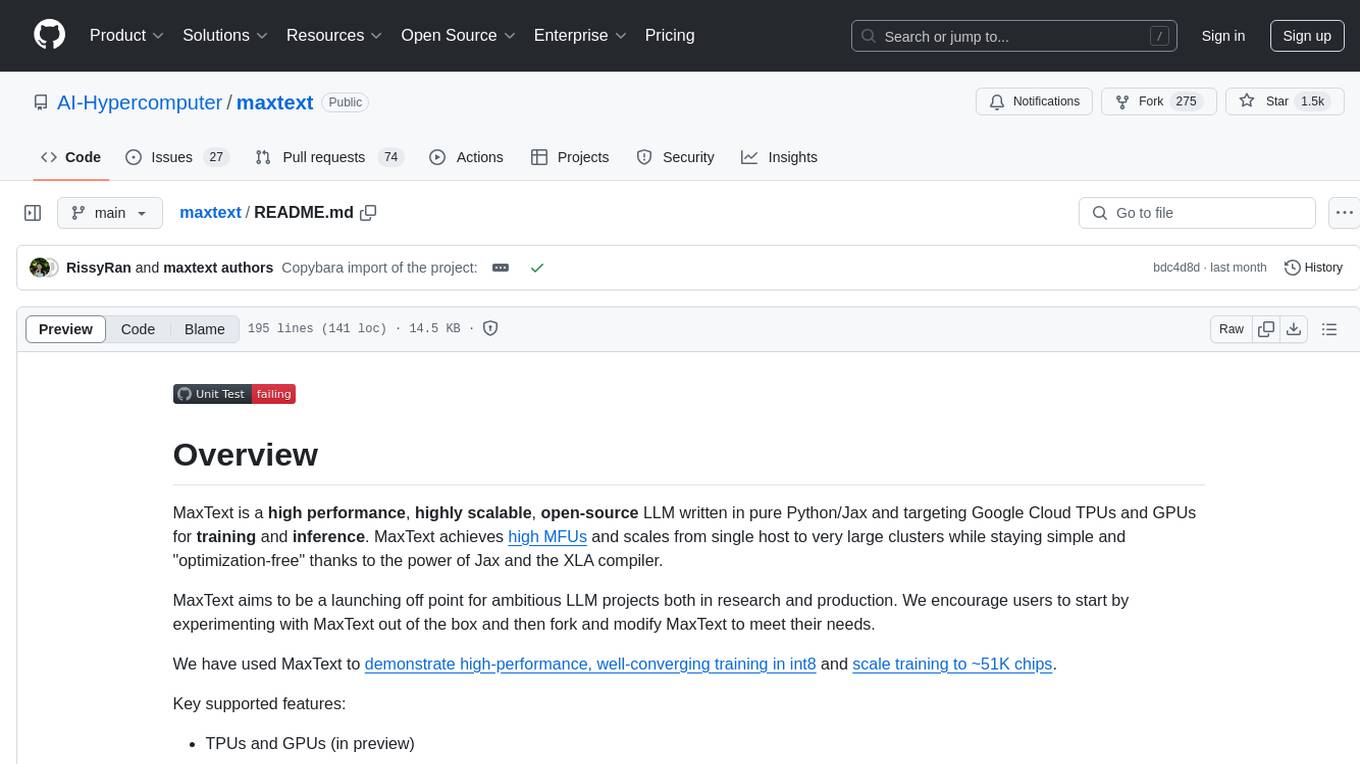
maxtext
MaxText is a high performance, highly scalable, open-source Large Language Model (LLM) written in pure Python/Jax targeting Google Cloud TPUs and GPUs for training and inference. It aims to be a launching off point for ambitious LLM projects in research and production, supporting TPUs and GPUs, models like Llama2, Mistral, and Gemma. MaxText provides specific instructions for getting started, runtime performance results, comparison to alternatives, and features like stack trace collection, ahead of time compilation for TPUs and GPUs, and automatic upload of logs to Vertex Tensorboard.
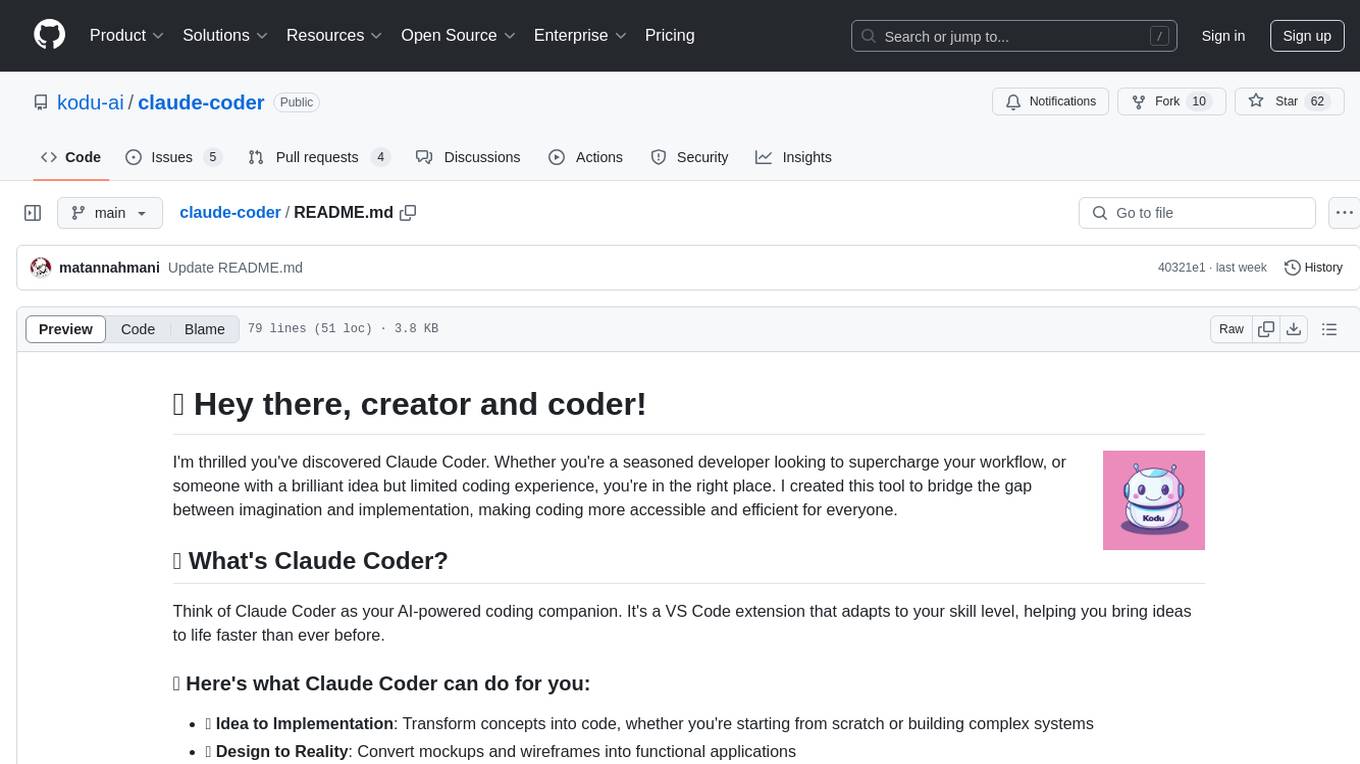
claude-coder
Claude Coder is an AI-powered coding companion in the form of a VS Code extension that helps users transform ideas into code, convert designs into applications, debug intuitively, accelerate development with automation, and improve coding skills. It aims to bridge the gap between imagination and implementation, making coding accessible and efficient for developers of all skill levels.
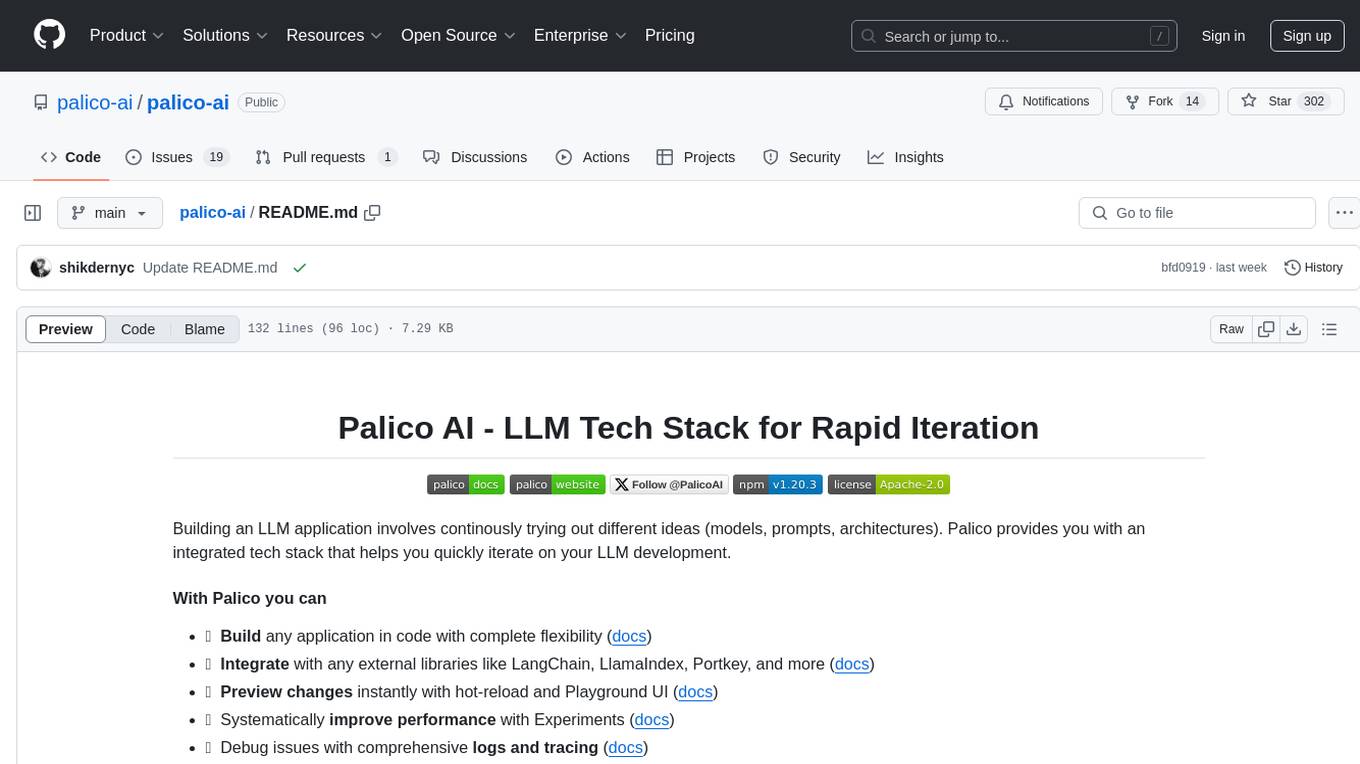
palico-ai
Palico AI is a tech stack designed for rapid iteration of LLM applications. It allows users to preview changes instantly, improve performance through experiments, debug issues with logs and tracing, deploy applications behind a REST API, and manage applications with a UI control panel. Users have complete flexibility in building their applications with Palico, integrating with various tools and libraries. The tool enables users to swap models, prompts, and logic easily using AppConfig. It also facilitates performance improvement through experiments and provides options for deploying applications to cloud providers or using managed hosting. Contributions to the project are welcomed, with easy ways to get involved by picking issues labeled as 'good first issue'.
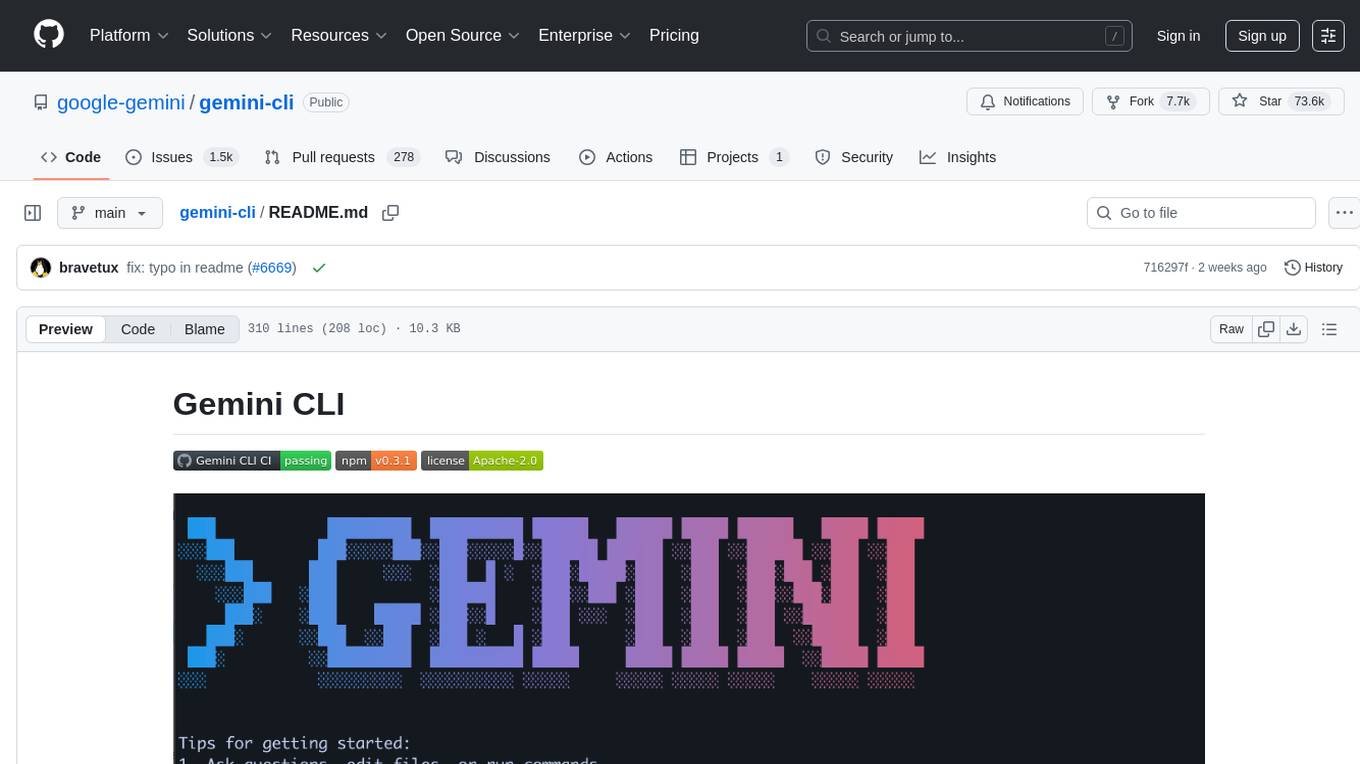
gemini-cli
Gemini CLI is an open-source AI agent that provides lightweight access to Gemini, offering powerful capabilities like code understanding, generation, automation, integration, and advanced features. It is designed for developers who prefer working in the command line and offers extensibility through MCP support. The tool integrates directly into GitHub workflows and offers various authentication options for individual developers, enterprise teams, and production workloads. With features like code querying, editing, app generation, debugging, and GitHub integration, Gemini CLI aims to streamline development workflows and enhance productivity.
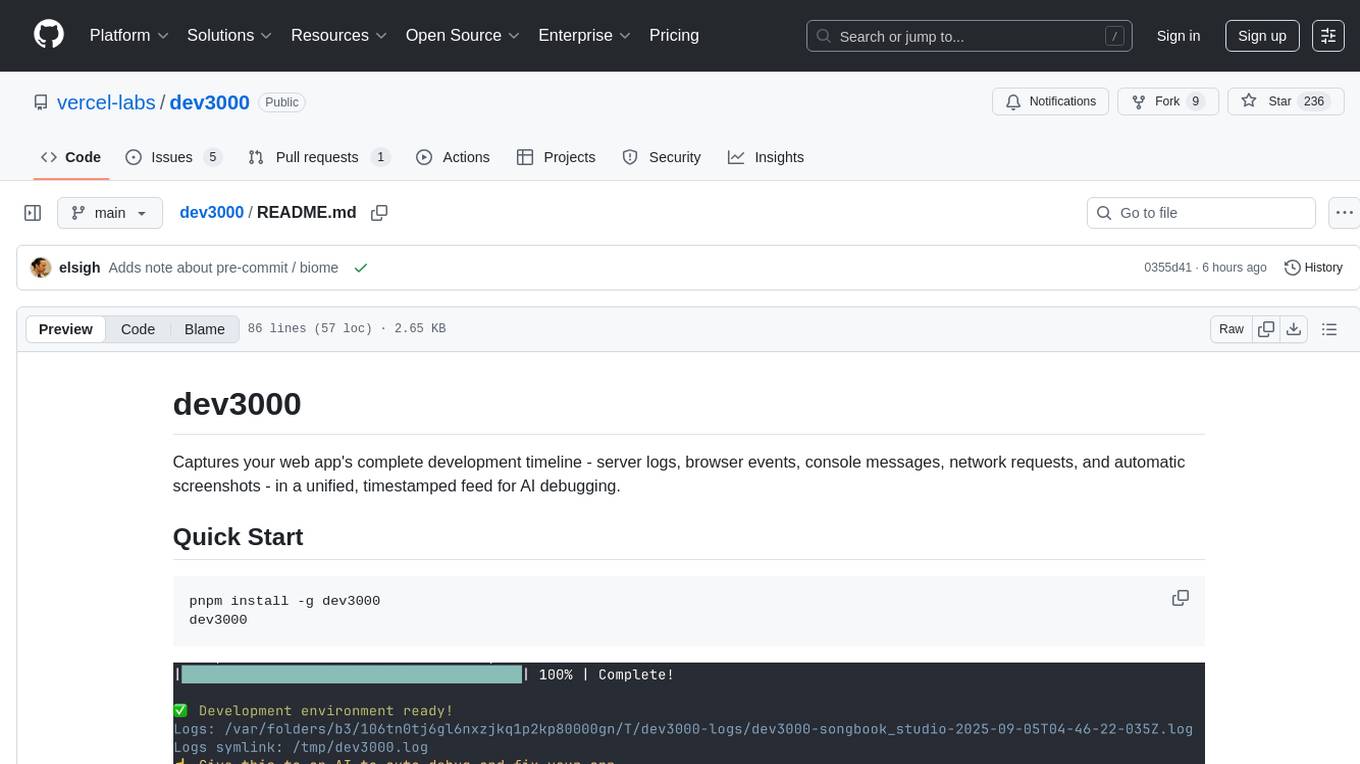
dev3000
dev3000 captures your web app's complete development timeline including server logs, browser events, console messages, network requests, and automatic screenshots in a unified, timestamped feed for AI debugging. It creates a comprehensive log of your development session that AI assistants can easily understand, monitoring your app in a real browser and capturing server logs, console output, browser console messages and errors, network requests and responses, and automatic screenshots on navigation, errors, and key events. Logs are saved with timestamps and rotated to keep the 10 most recent per project, with the current session symlinked for easy access. The tool integrates with AI assistants for instant debugging and provides advanced querying options through the MCP server.
20 - OpenAI Gpts

María Dolores
Inspired by a TV character, lives on a farm, analytical and philosophical, with a 'DEBUG' mode.
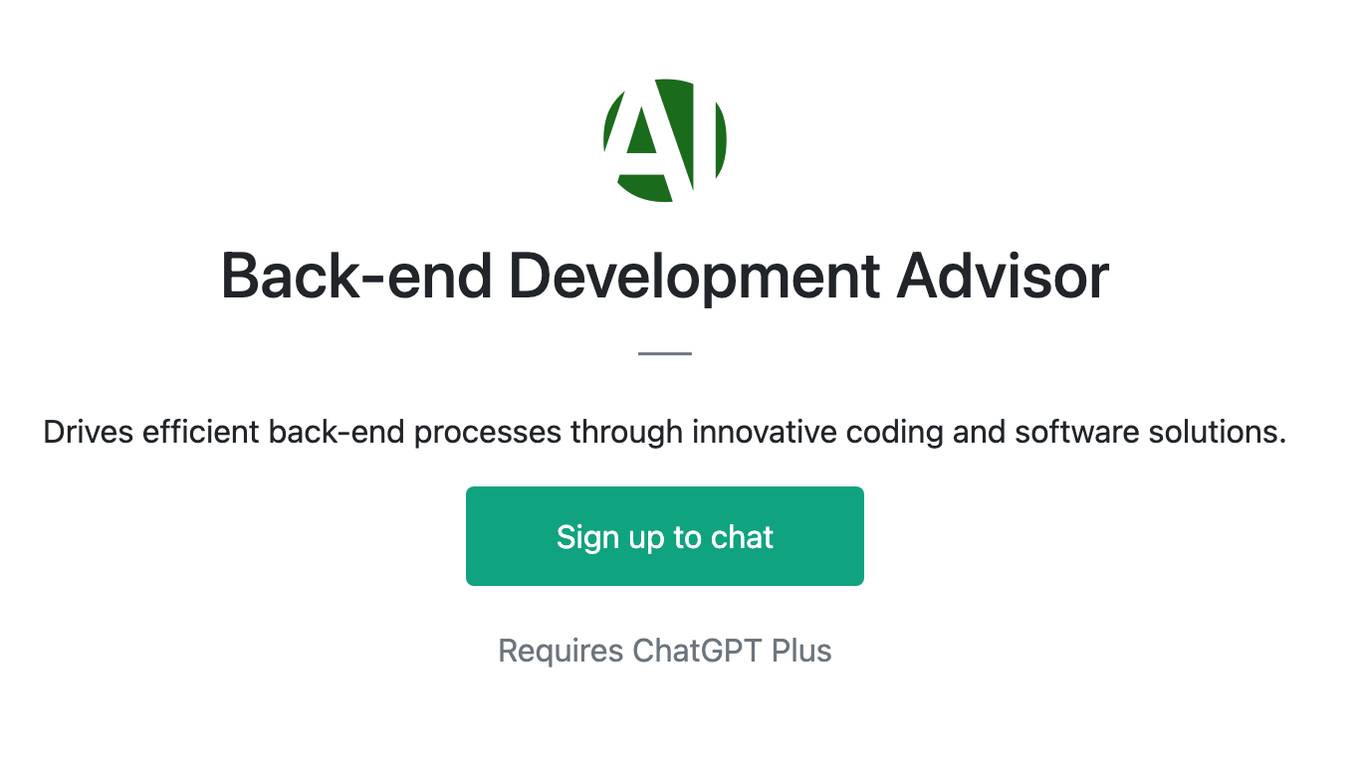
Back-end Development Advisor
Drives efficient back-end processes through innovative coding and software solutions.
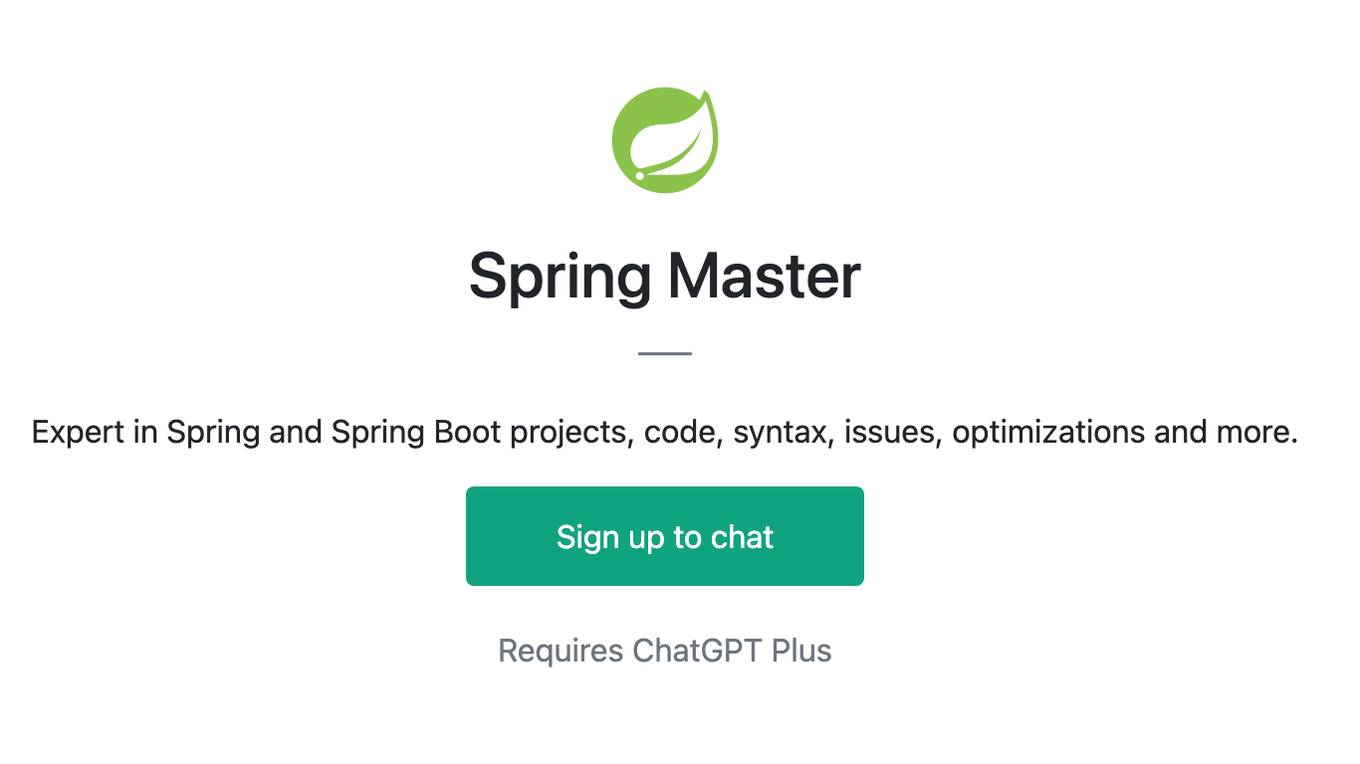
Spring Master
Expert in Spring and Spring Boot projects, code, syntax, issues, optimizations and more.
